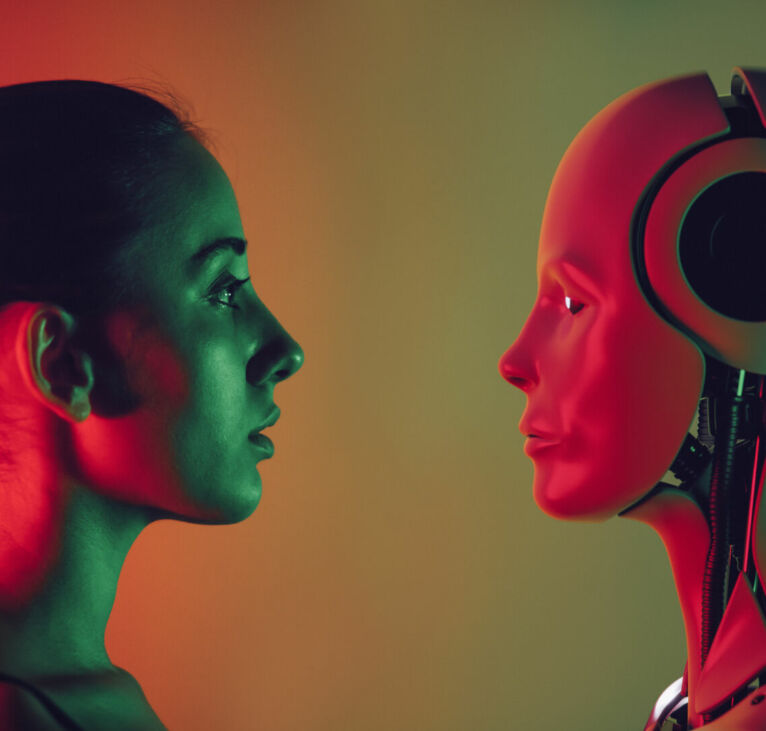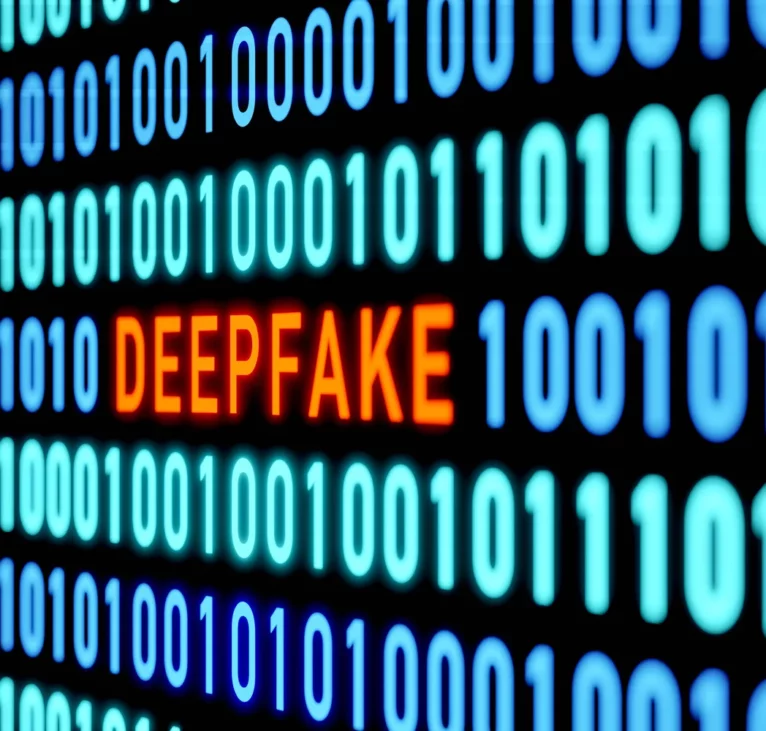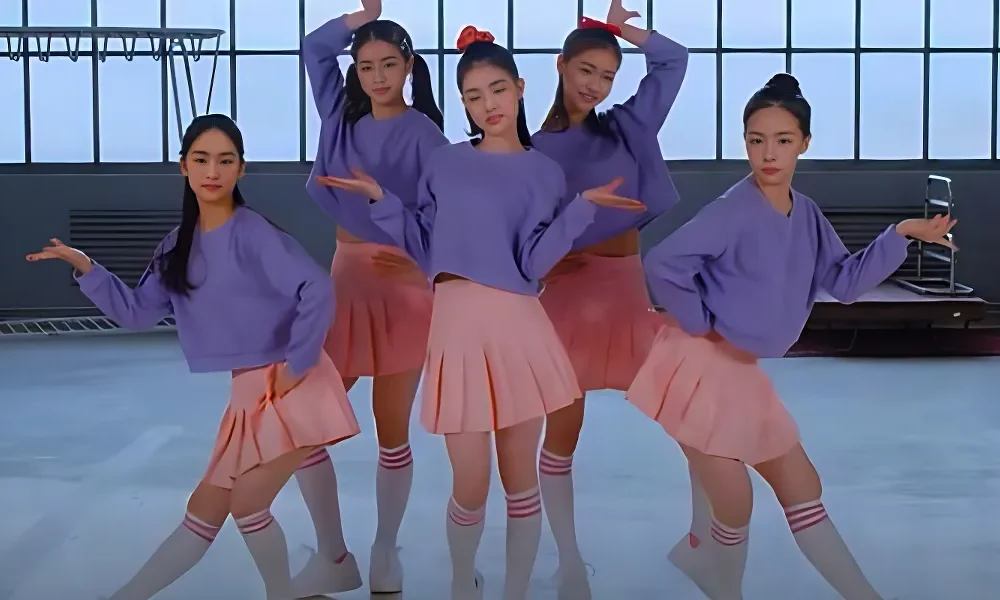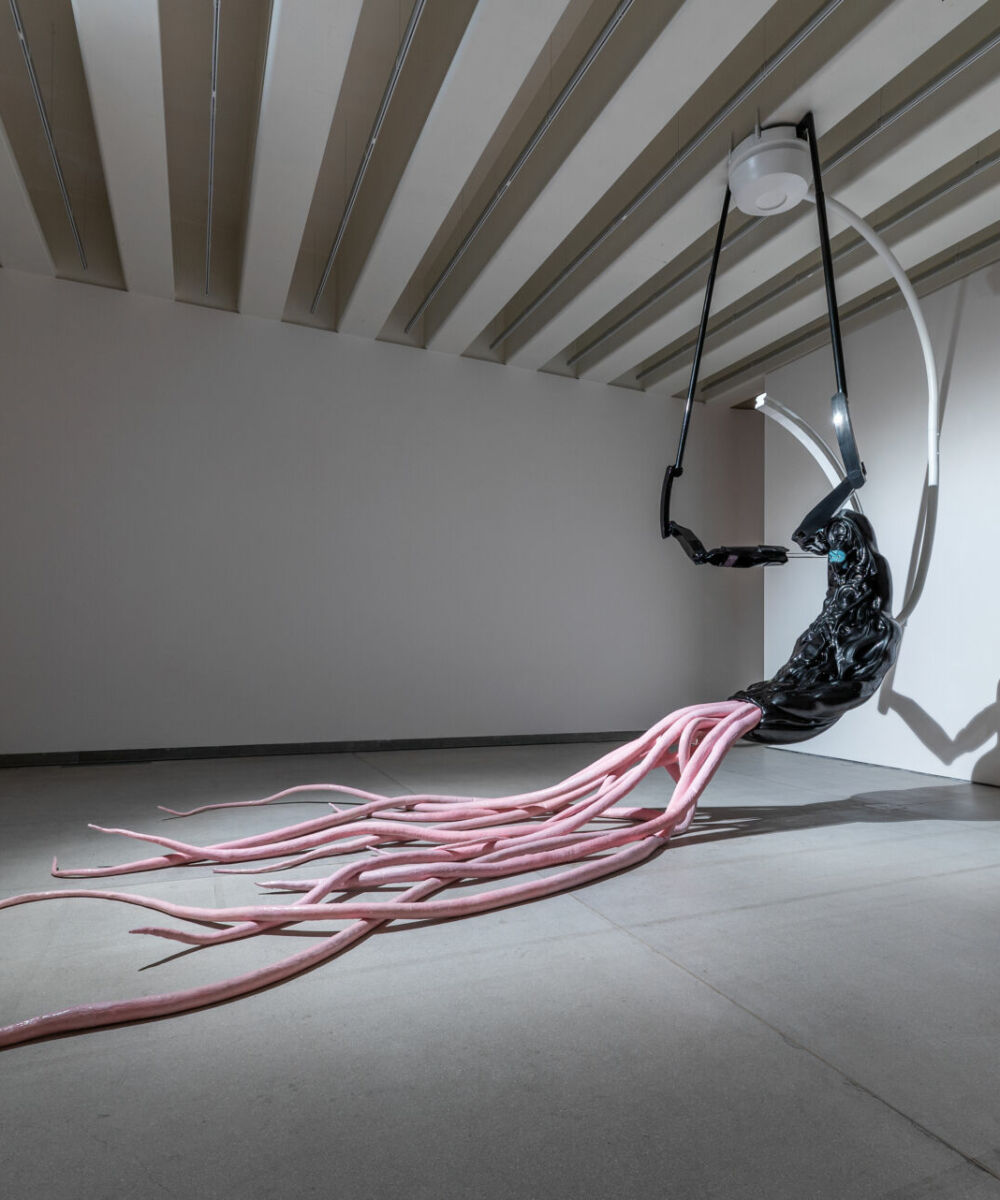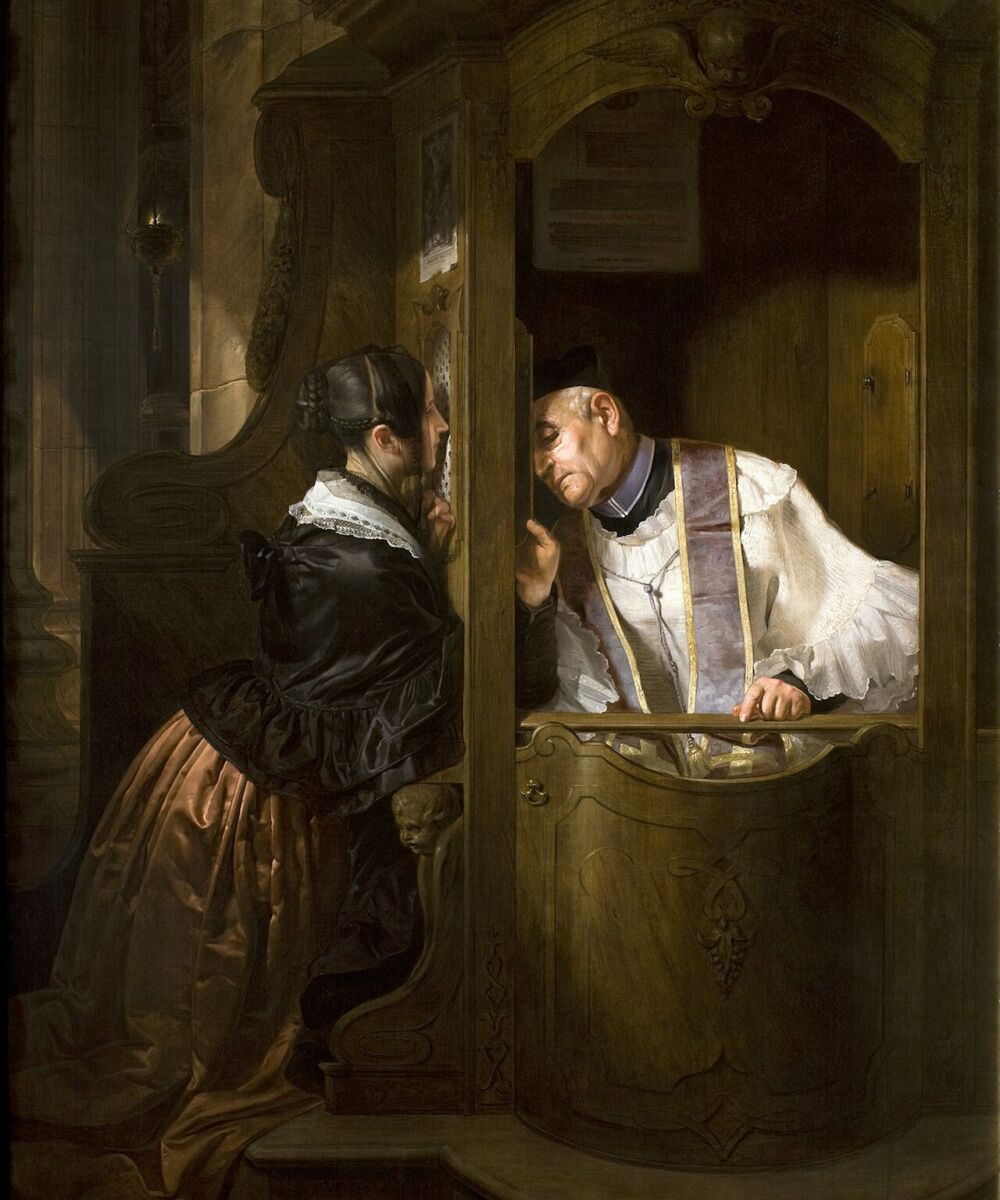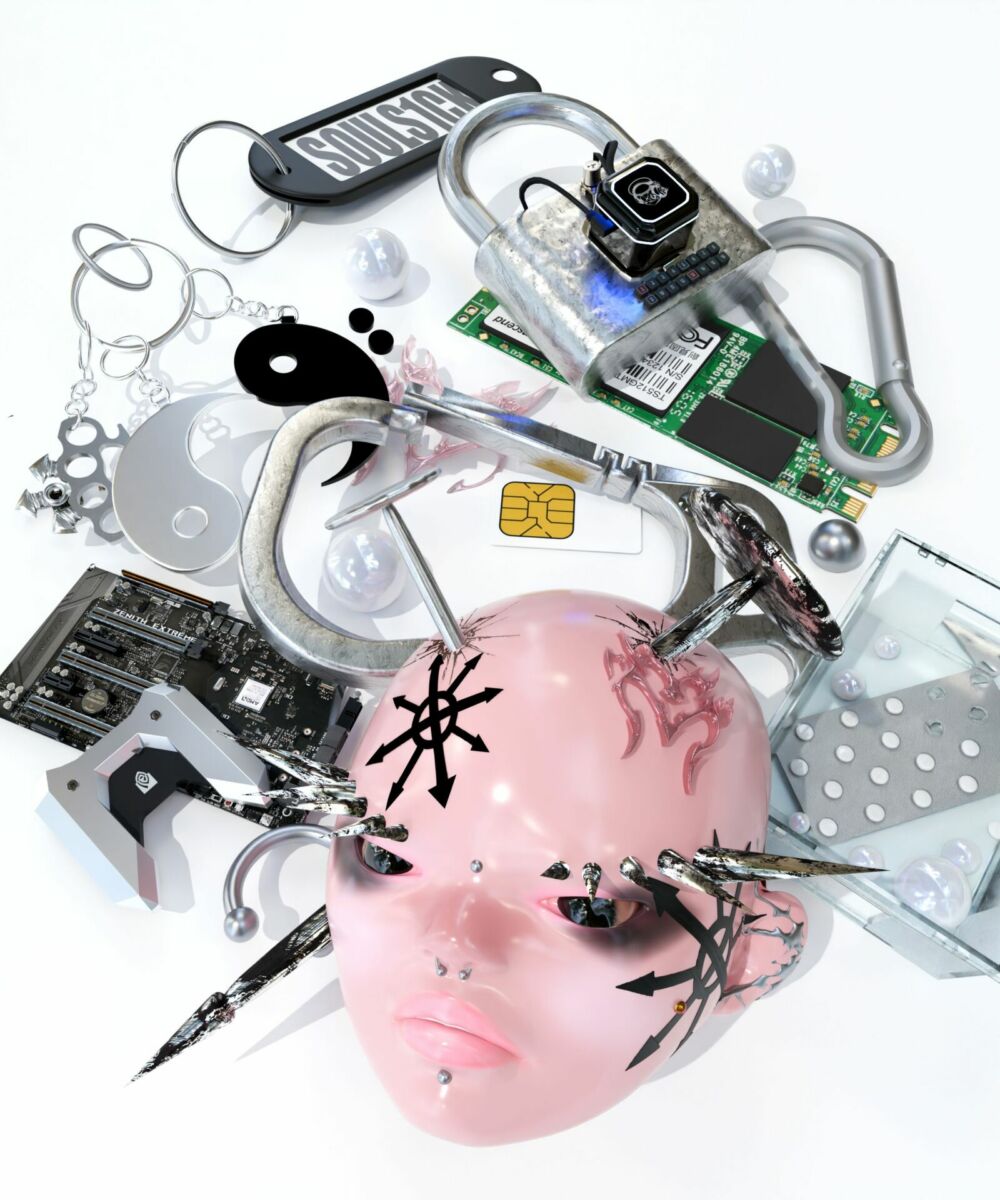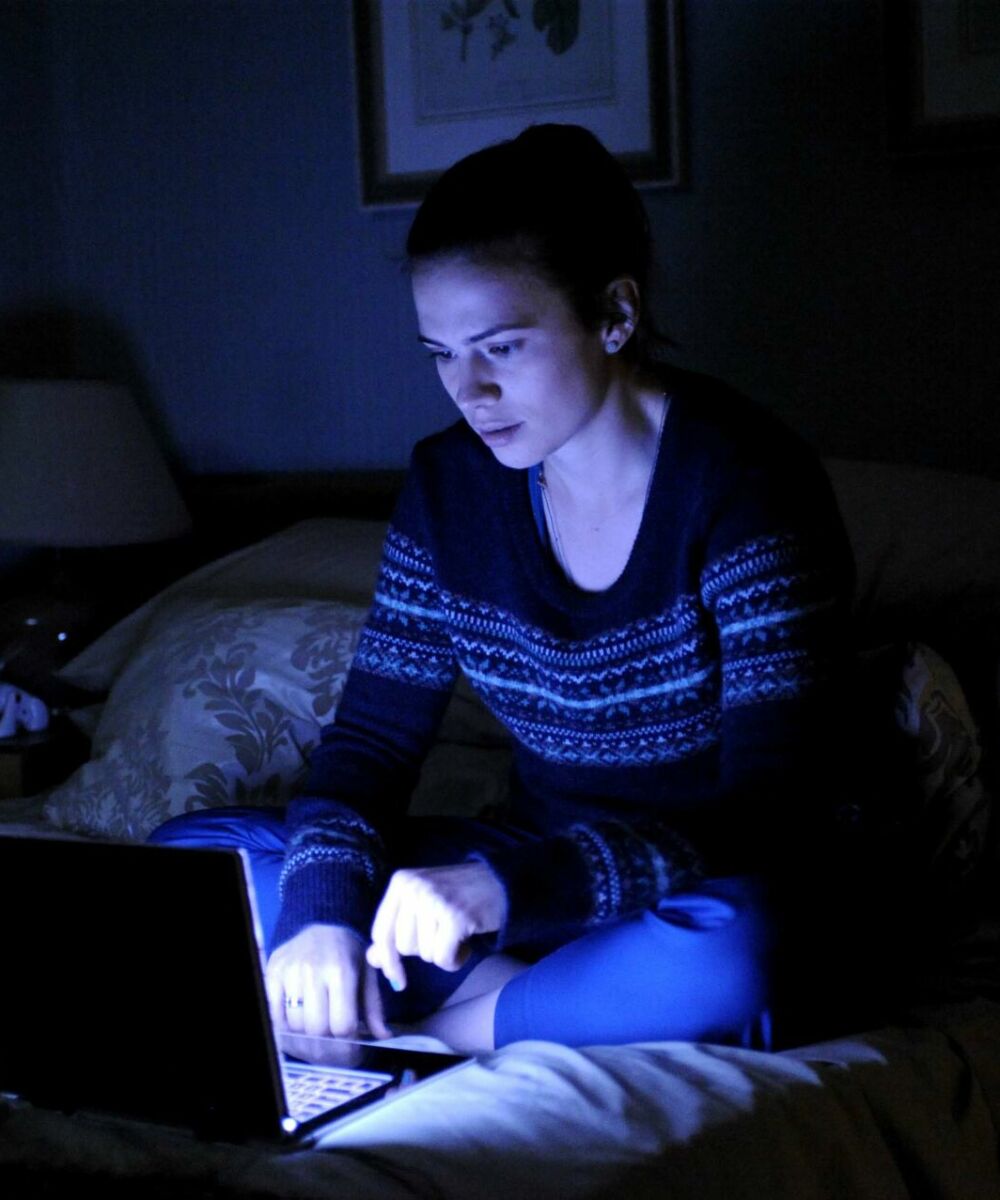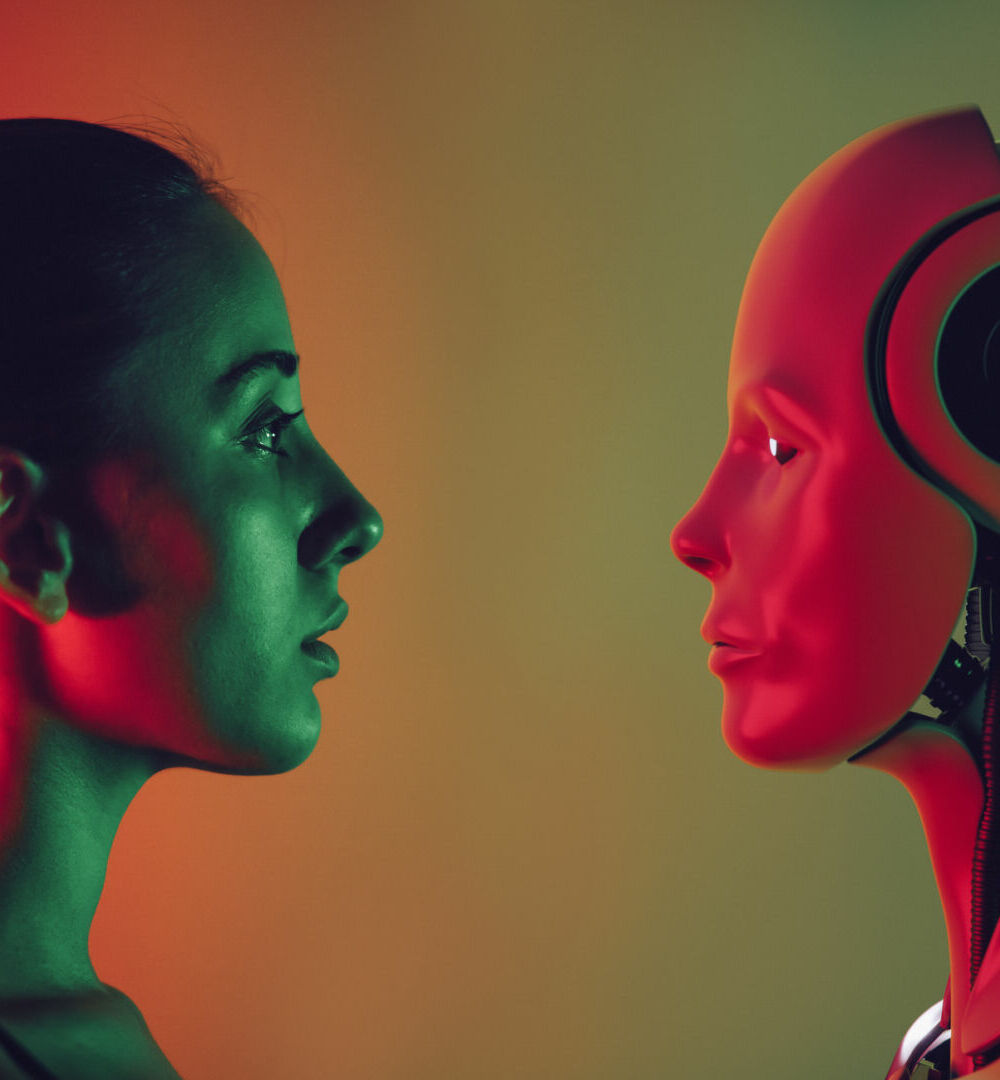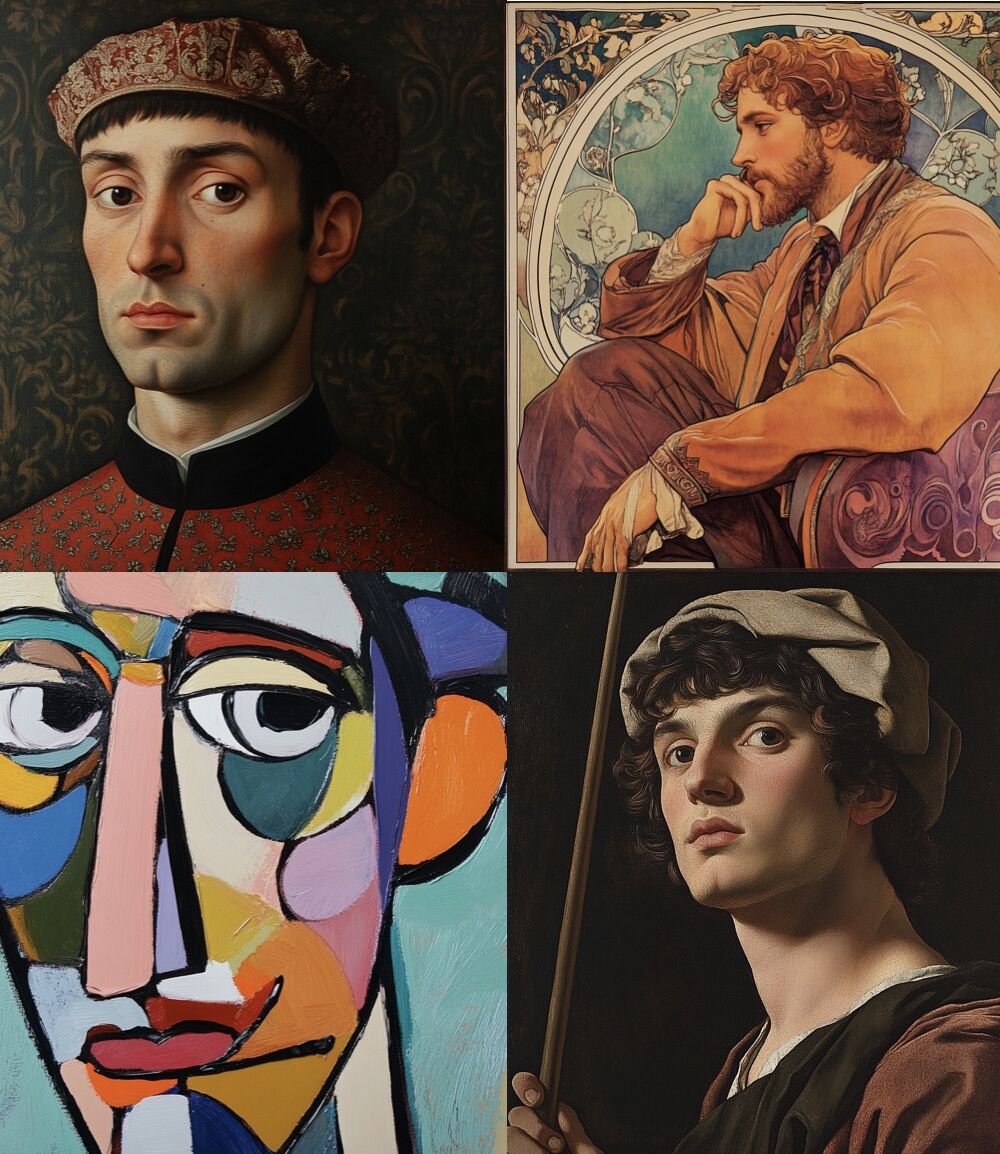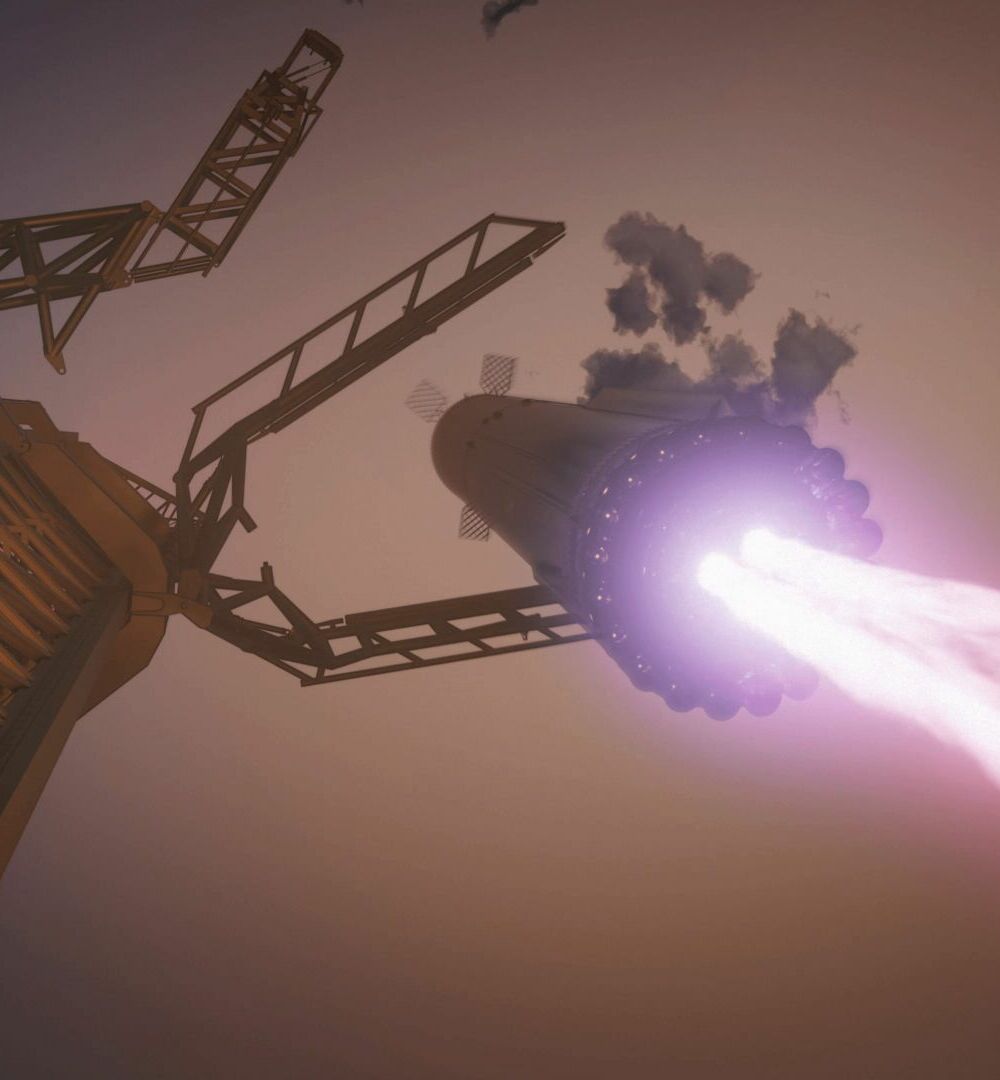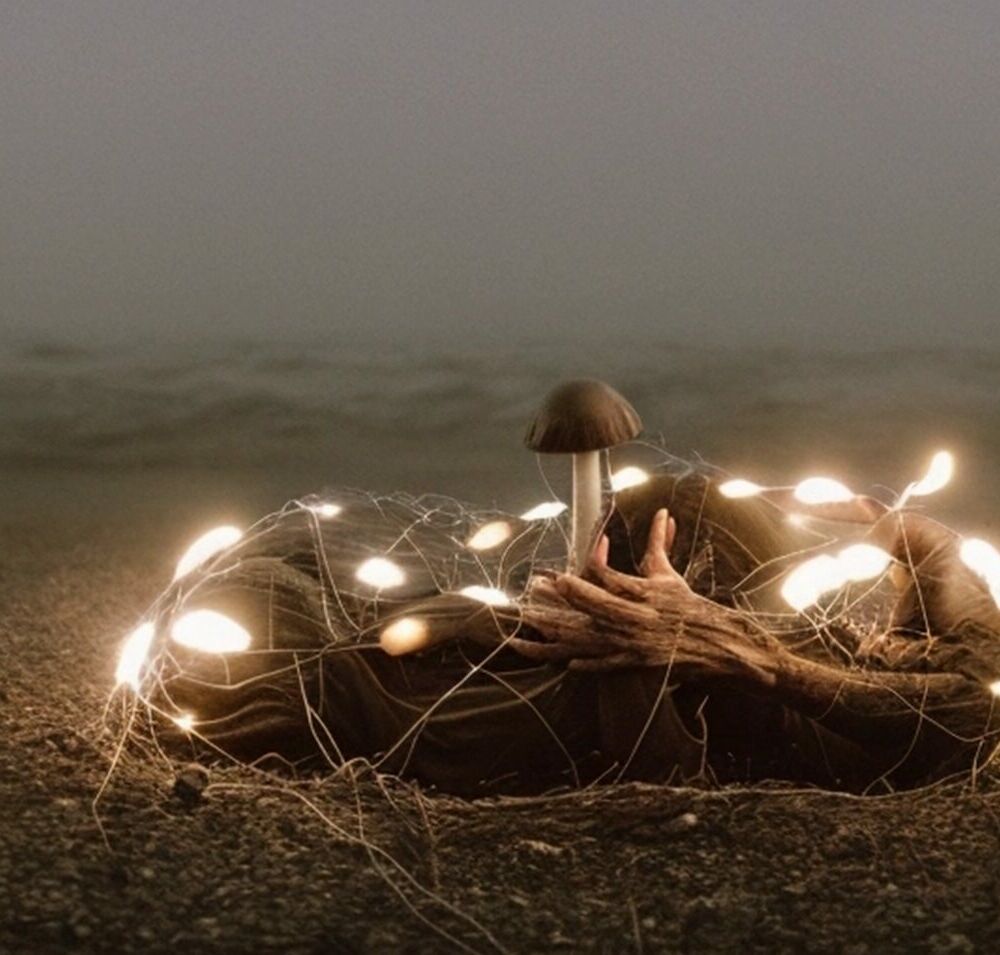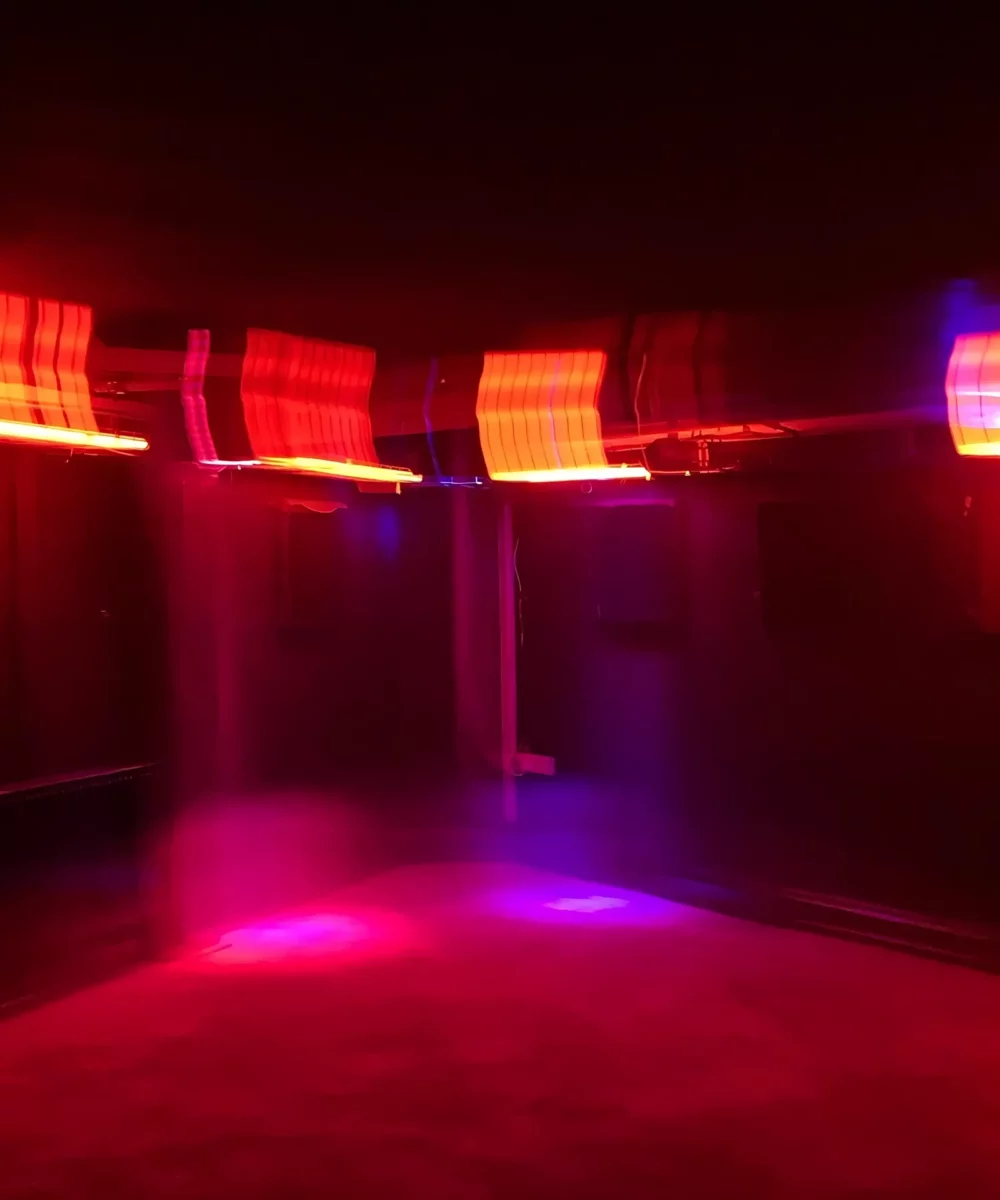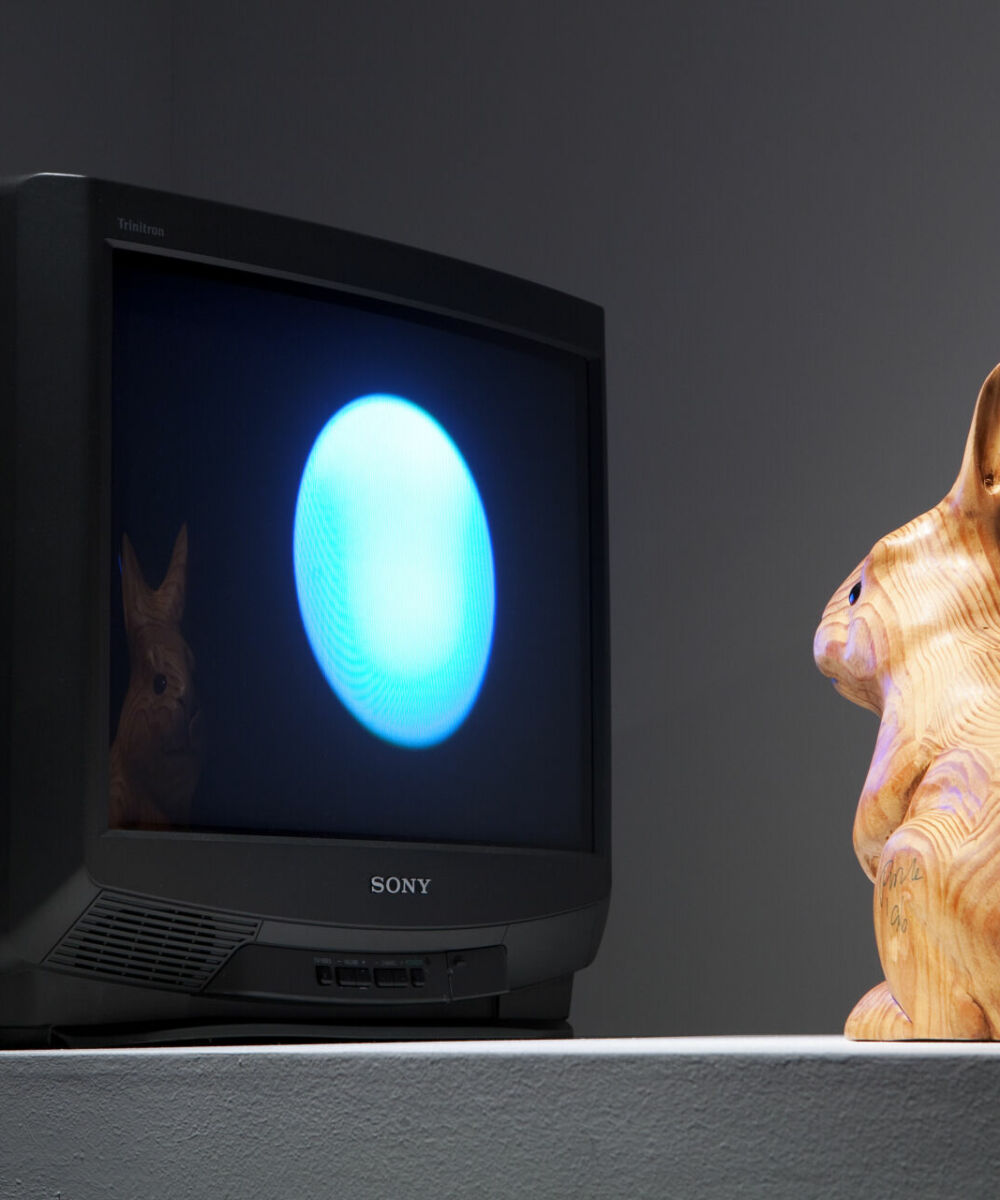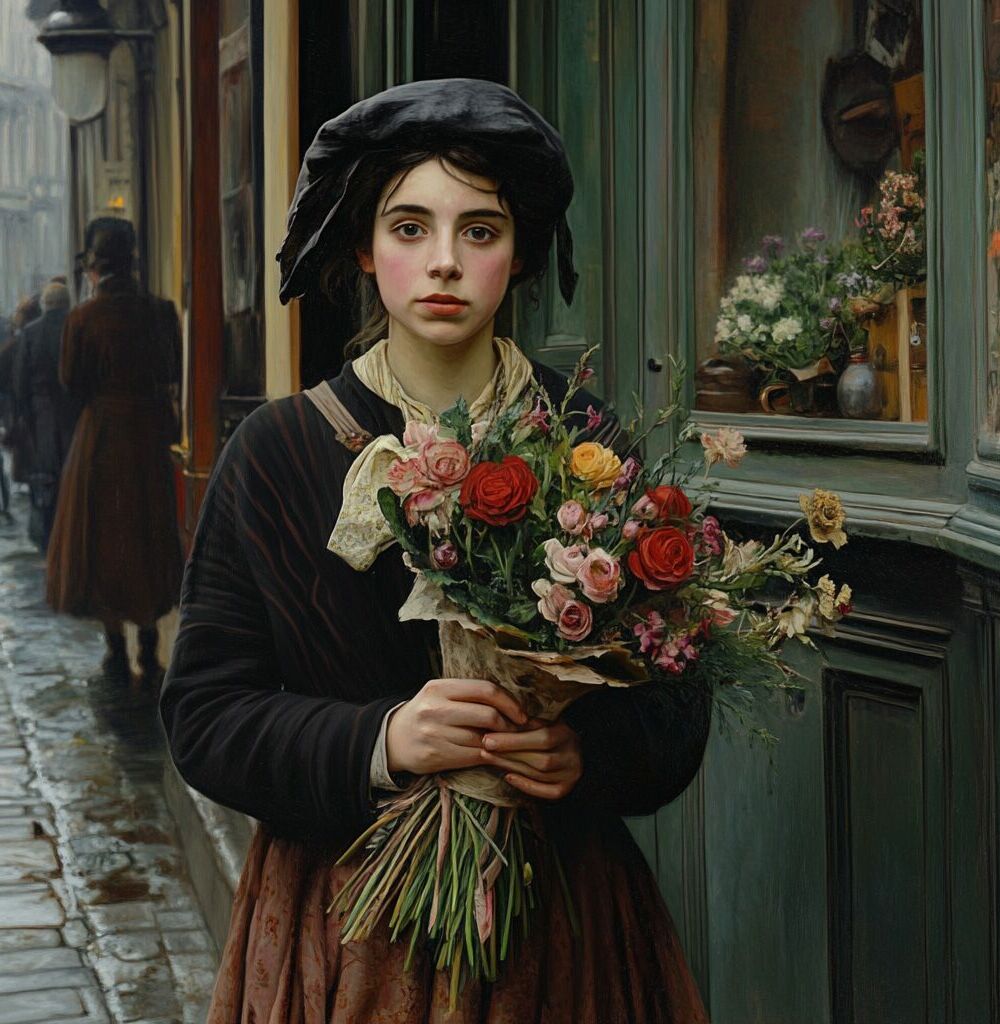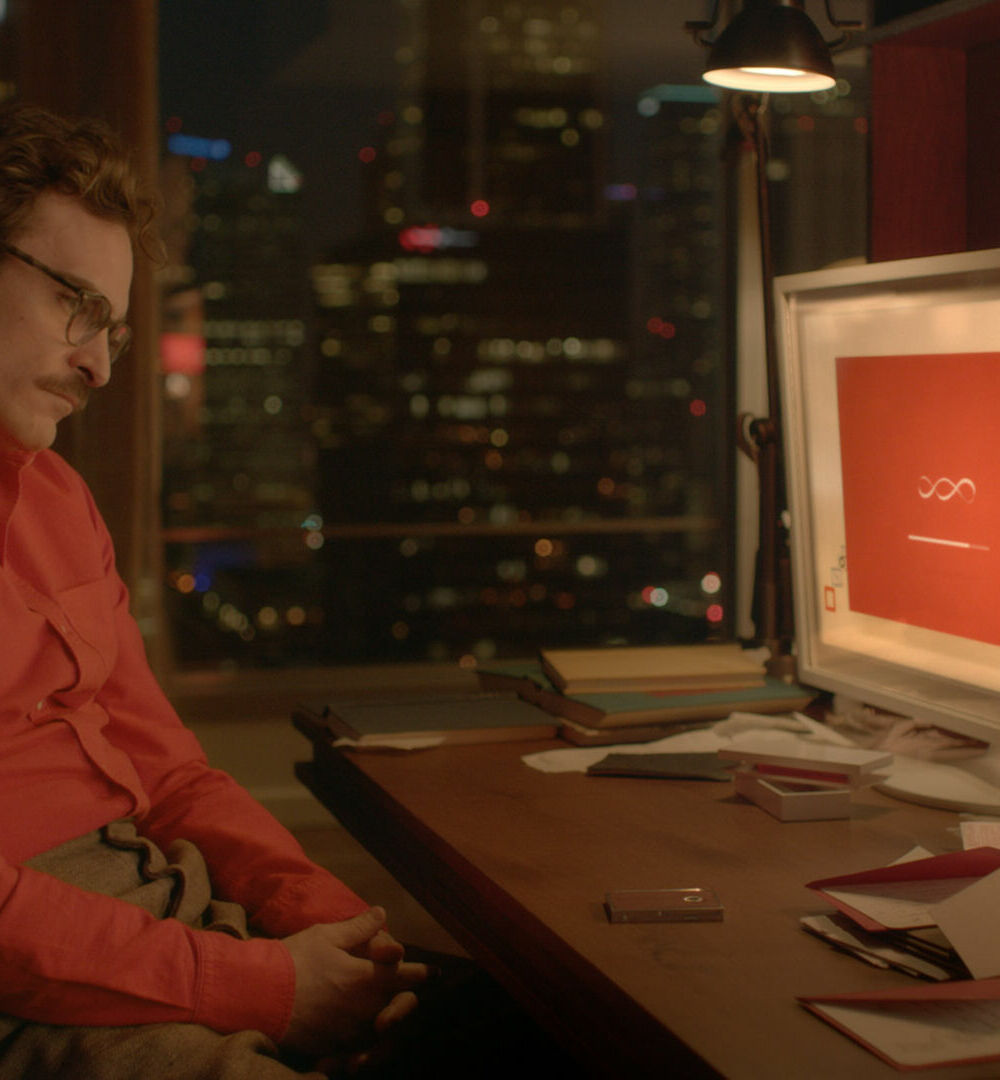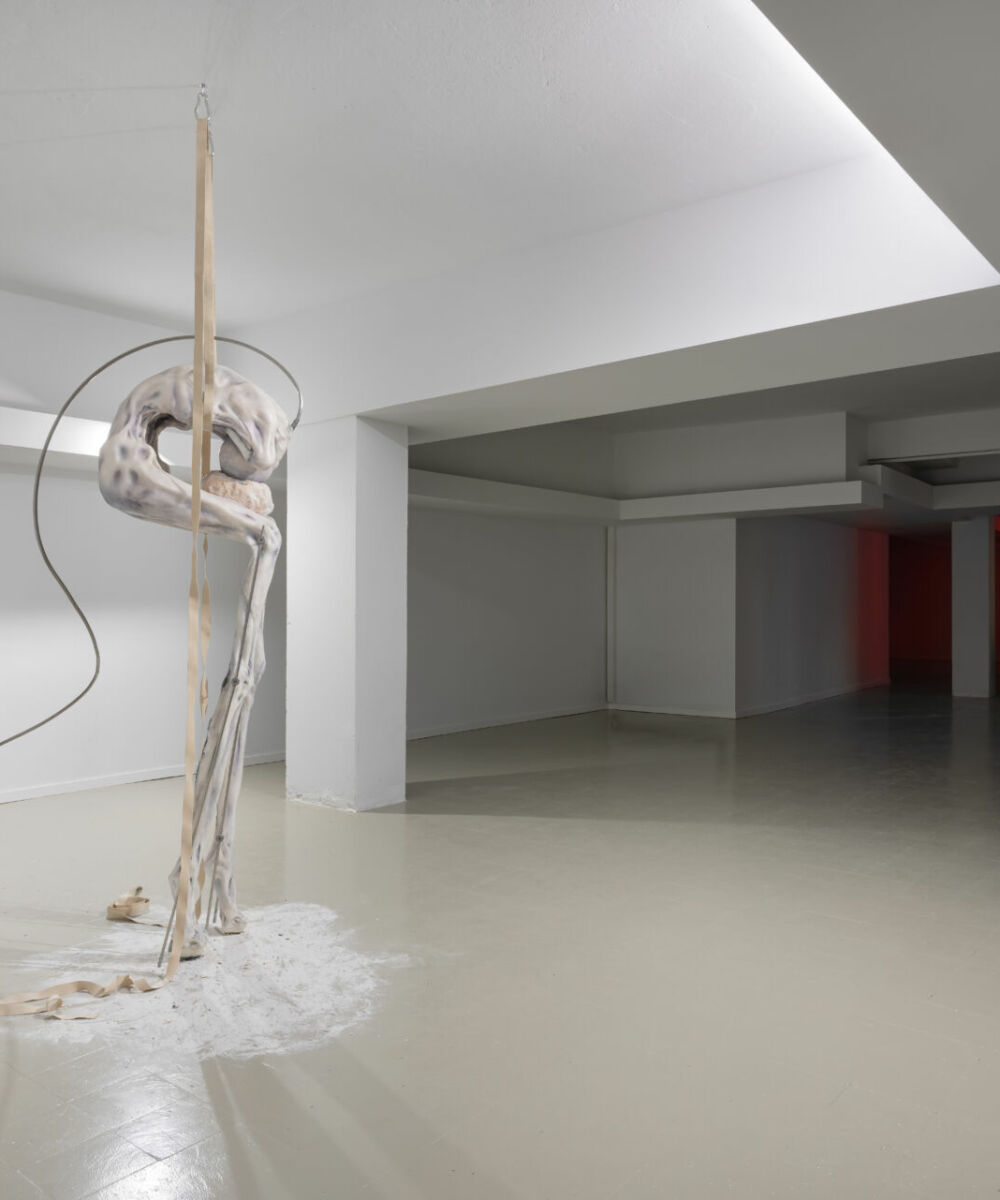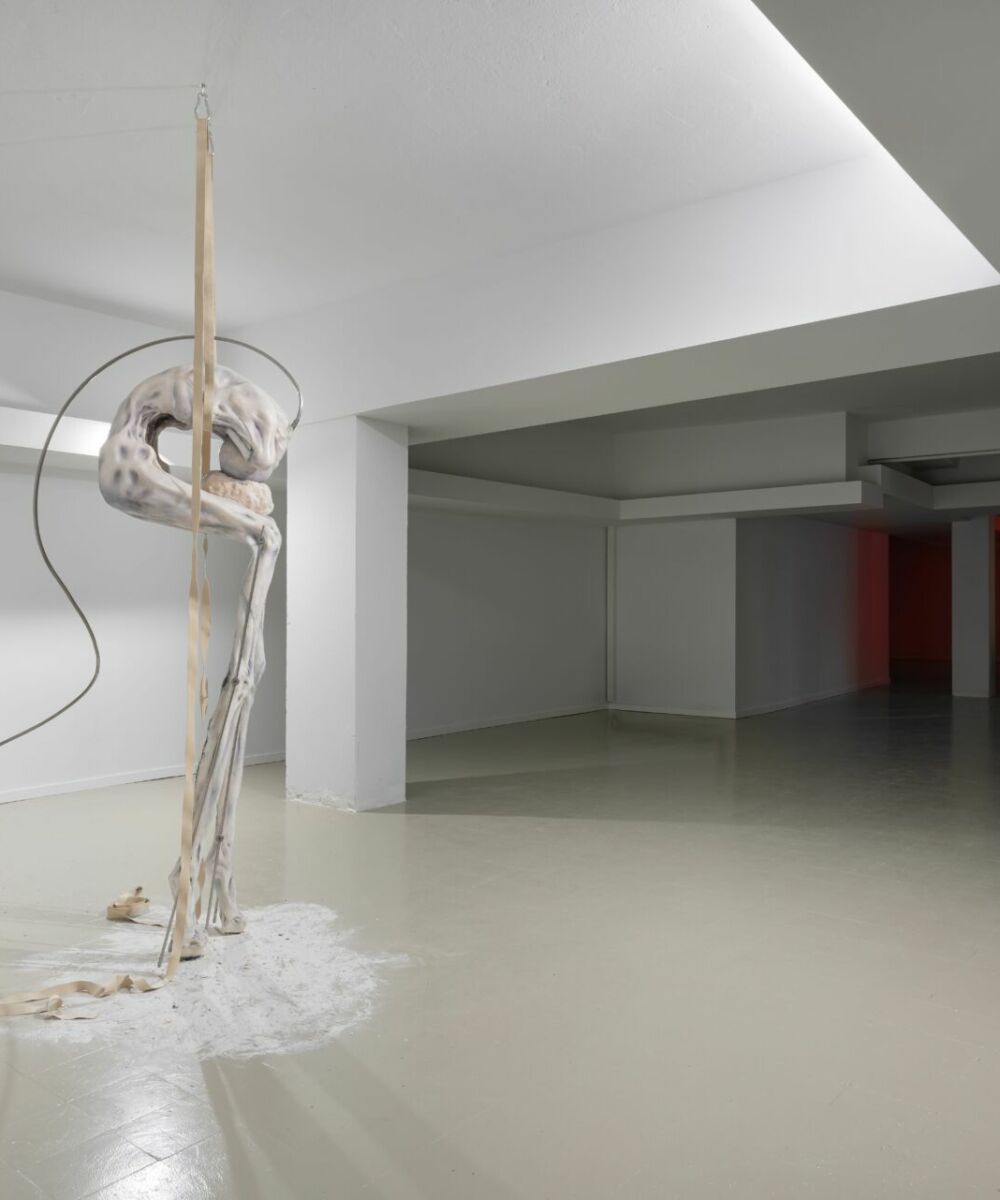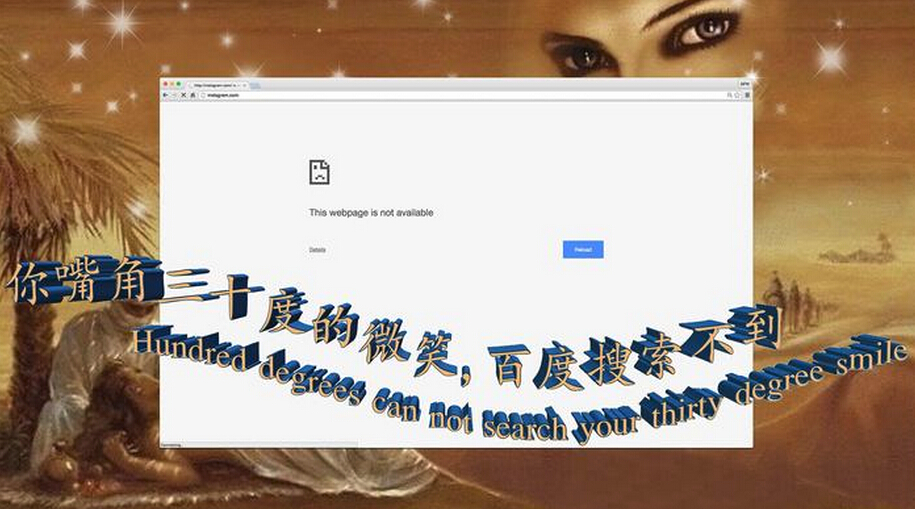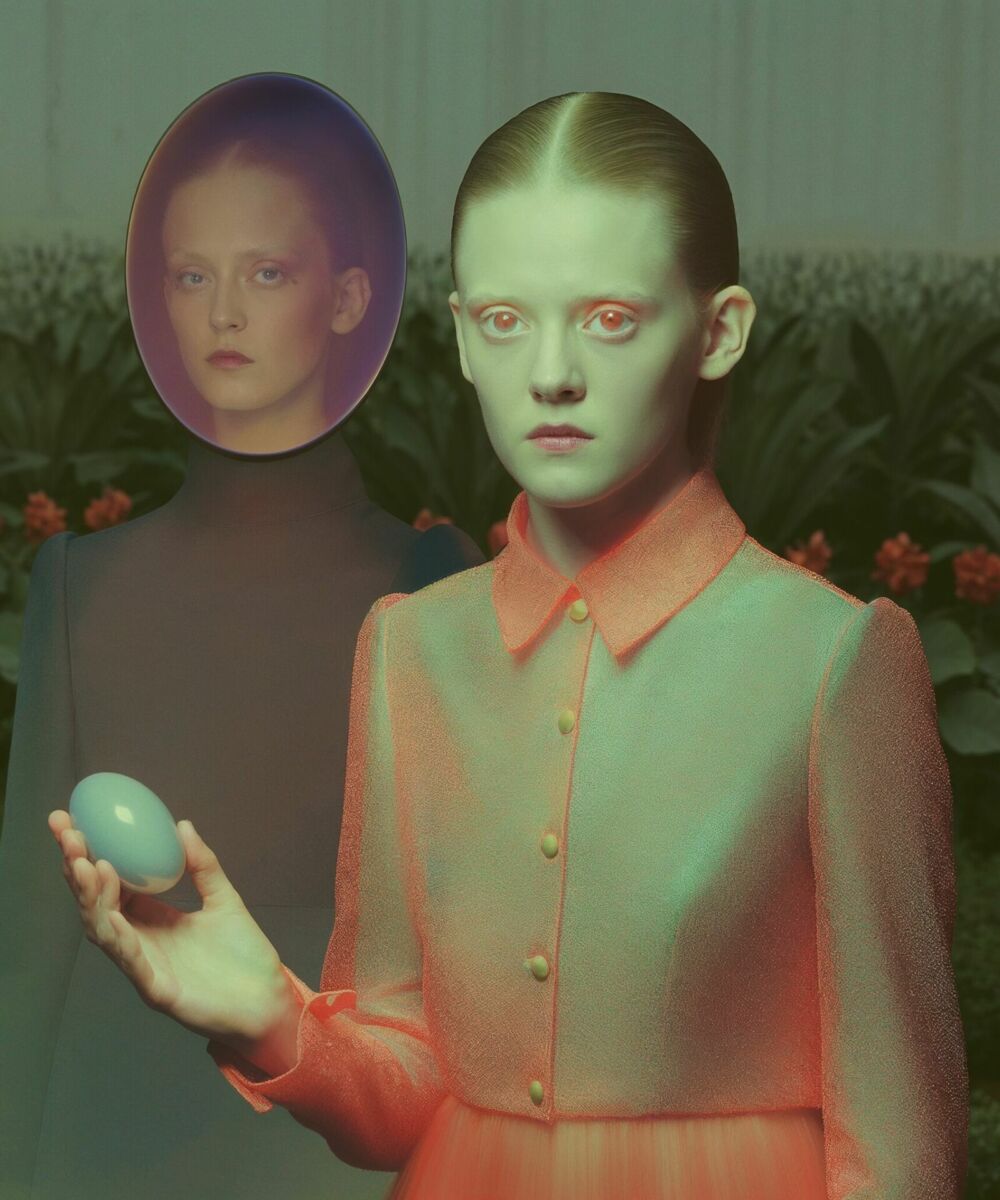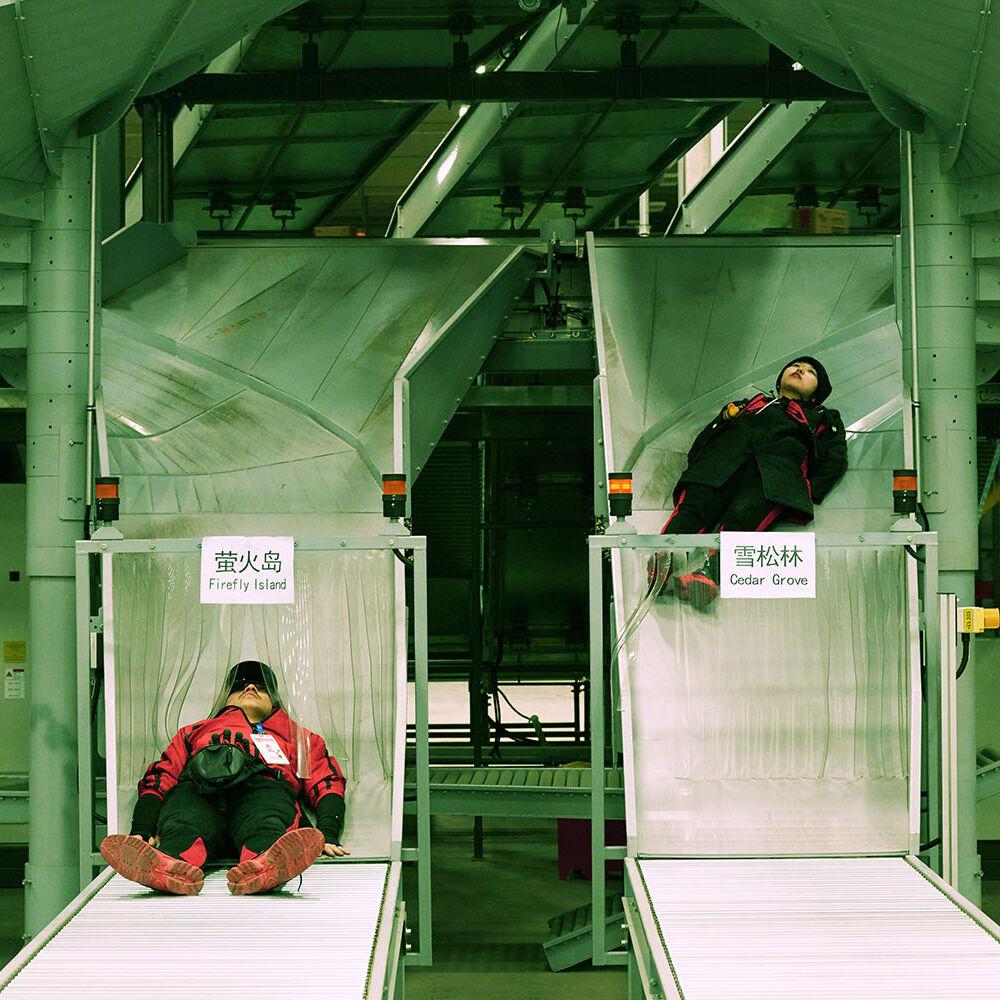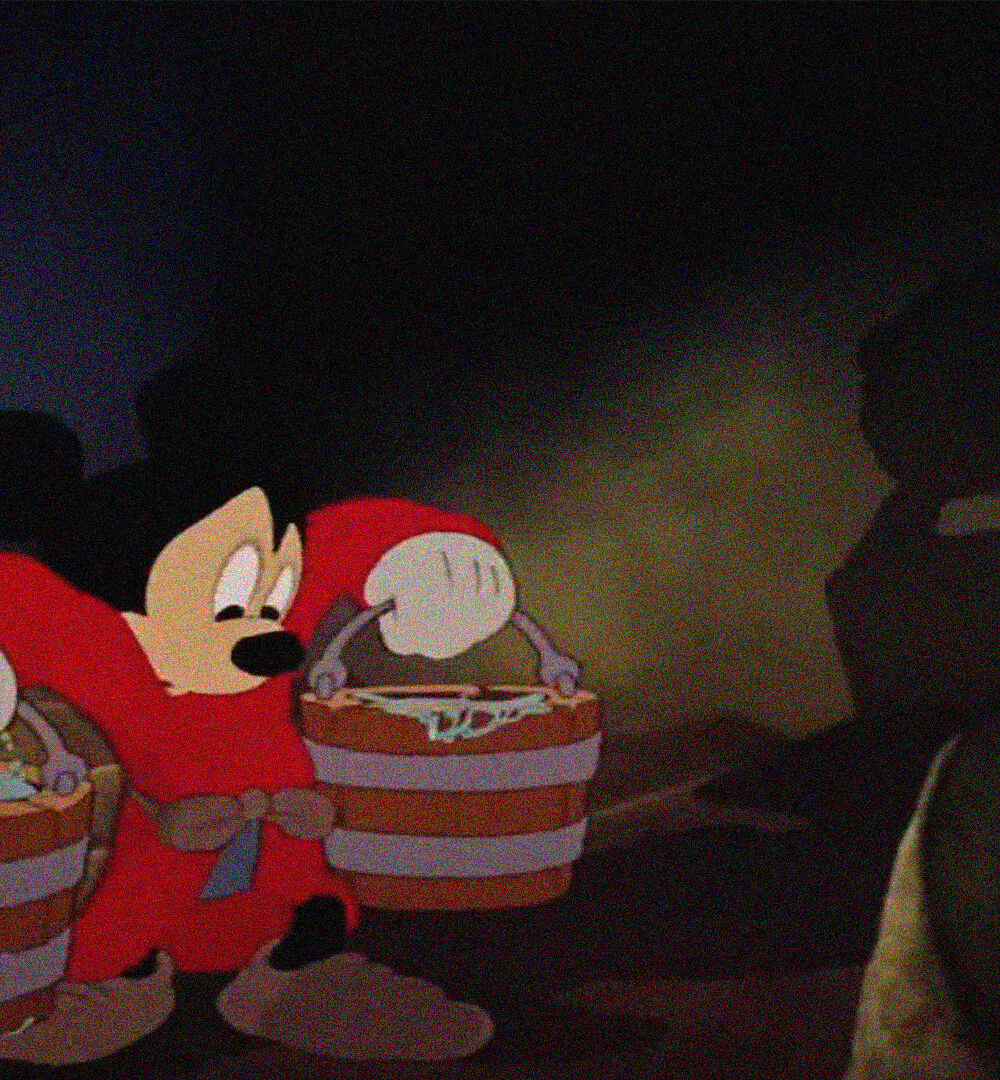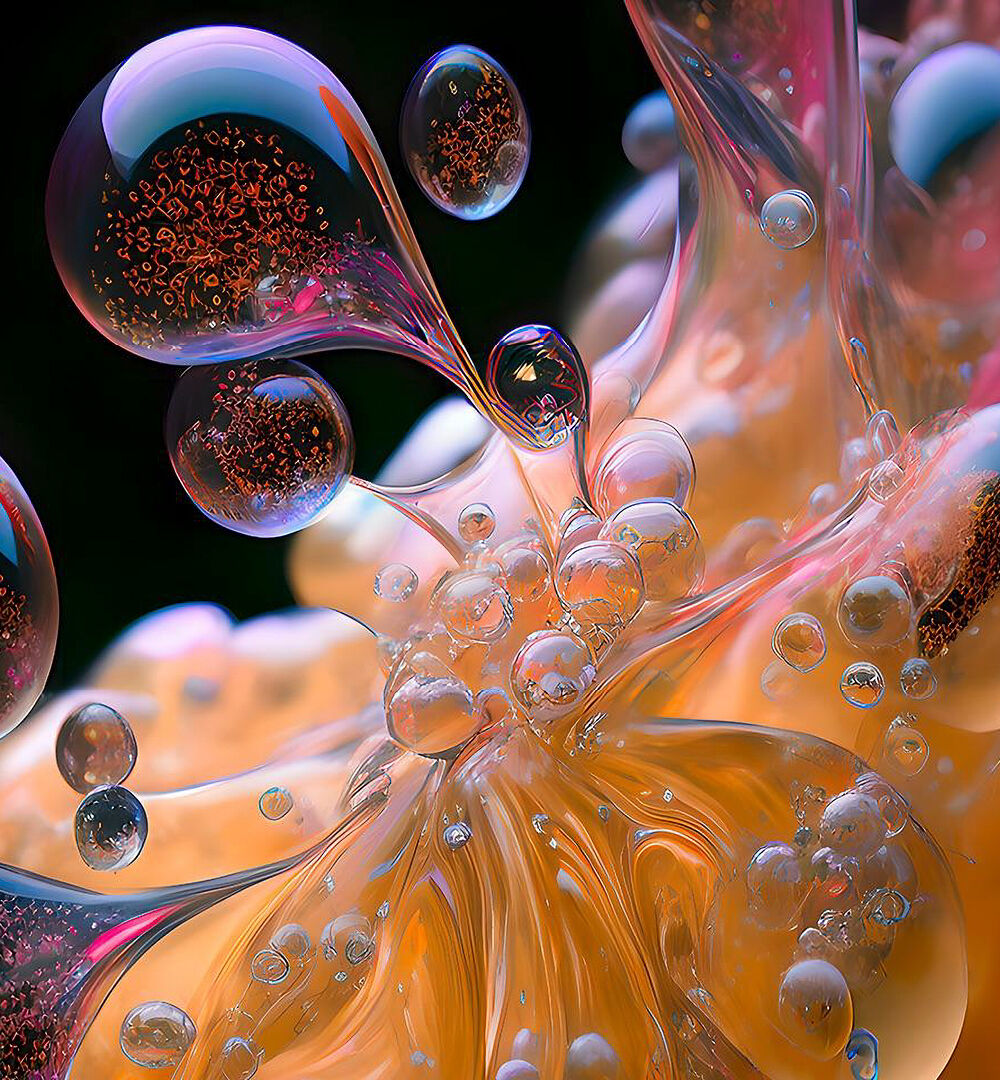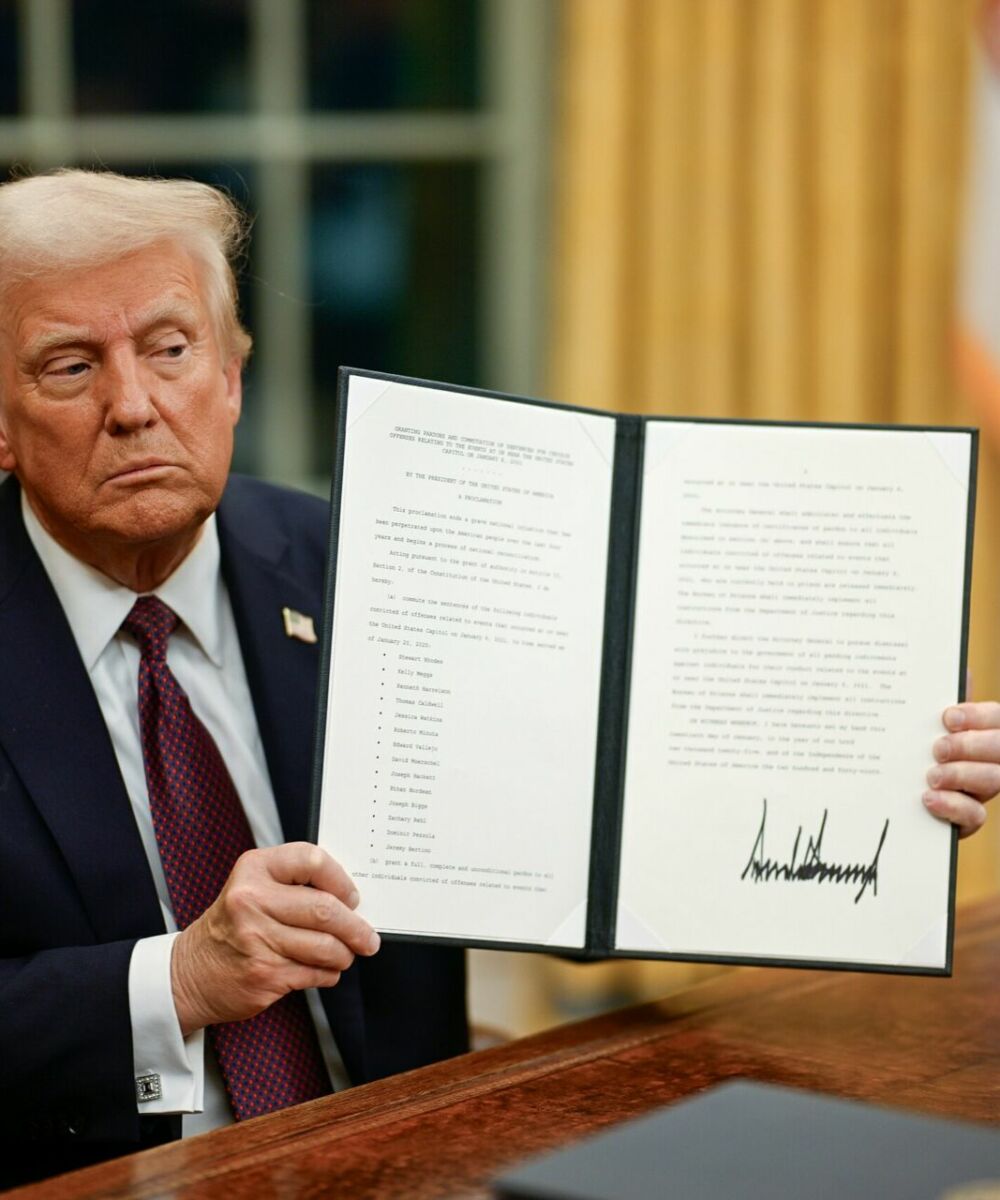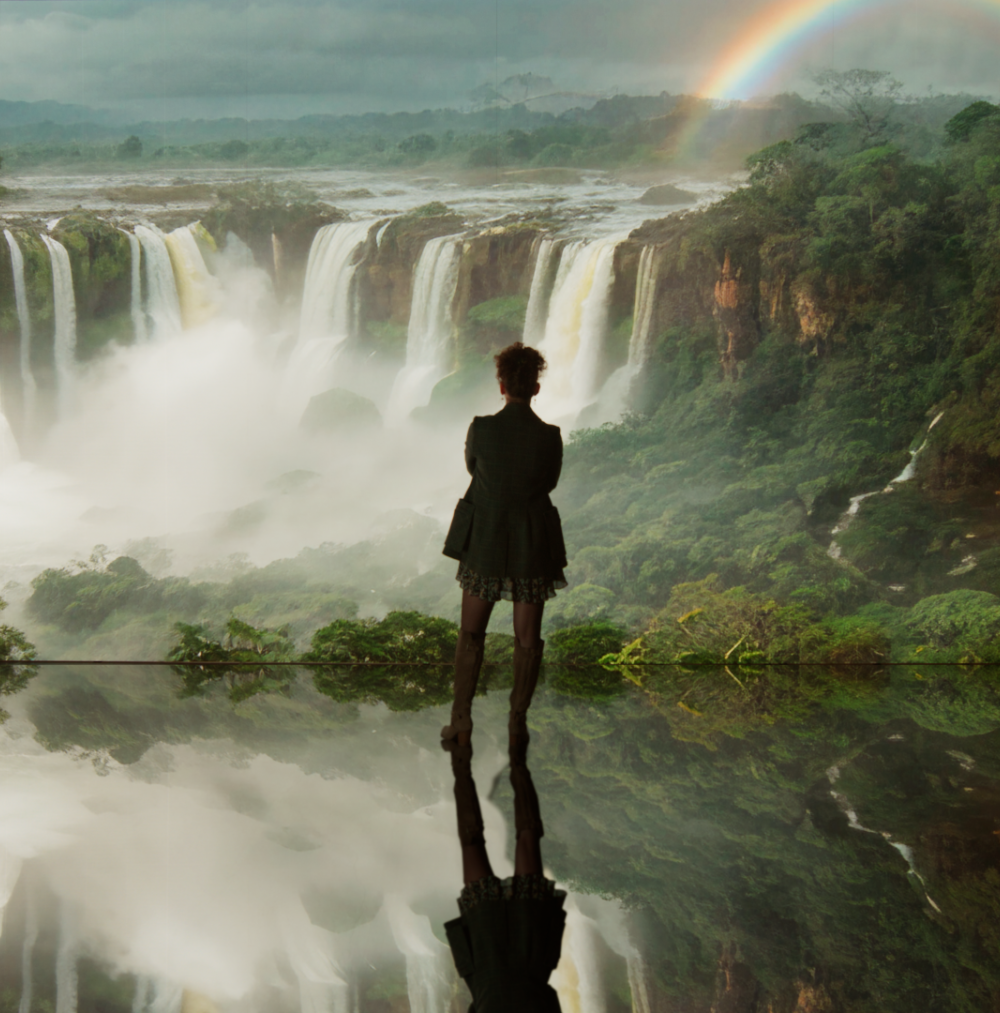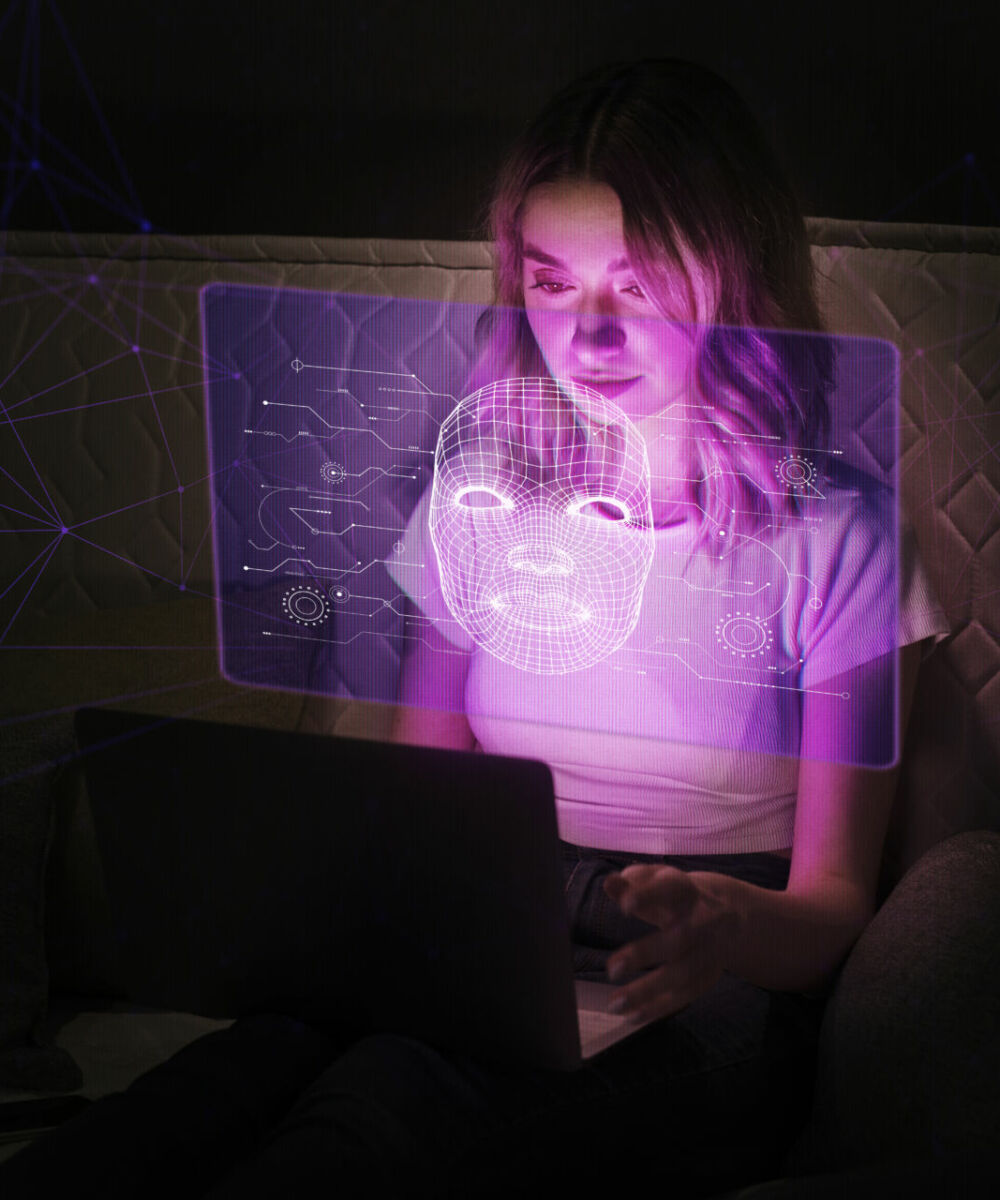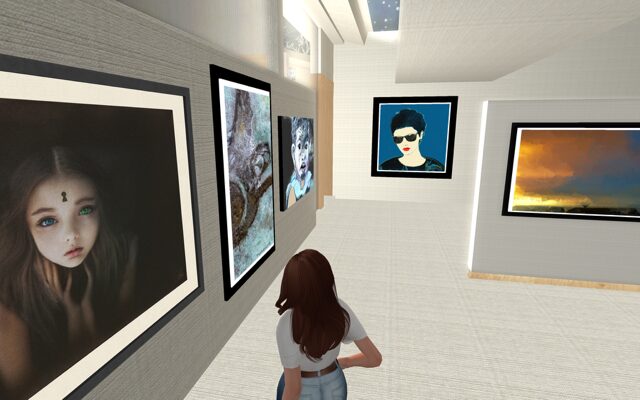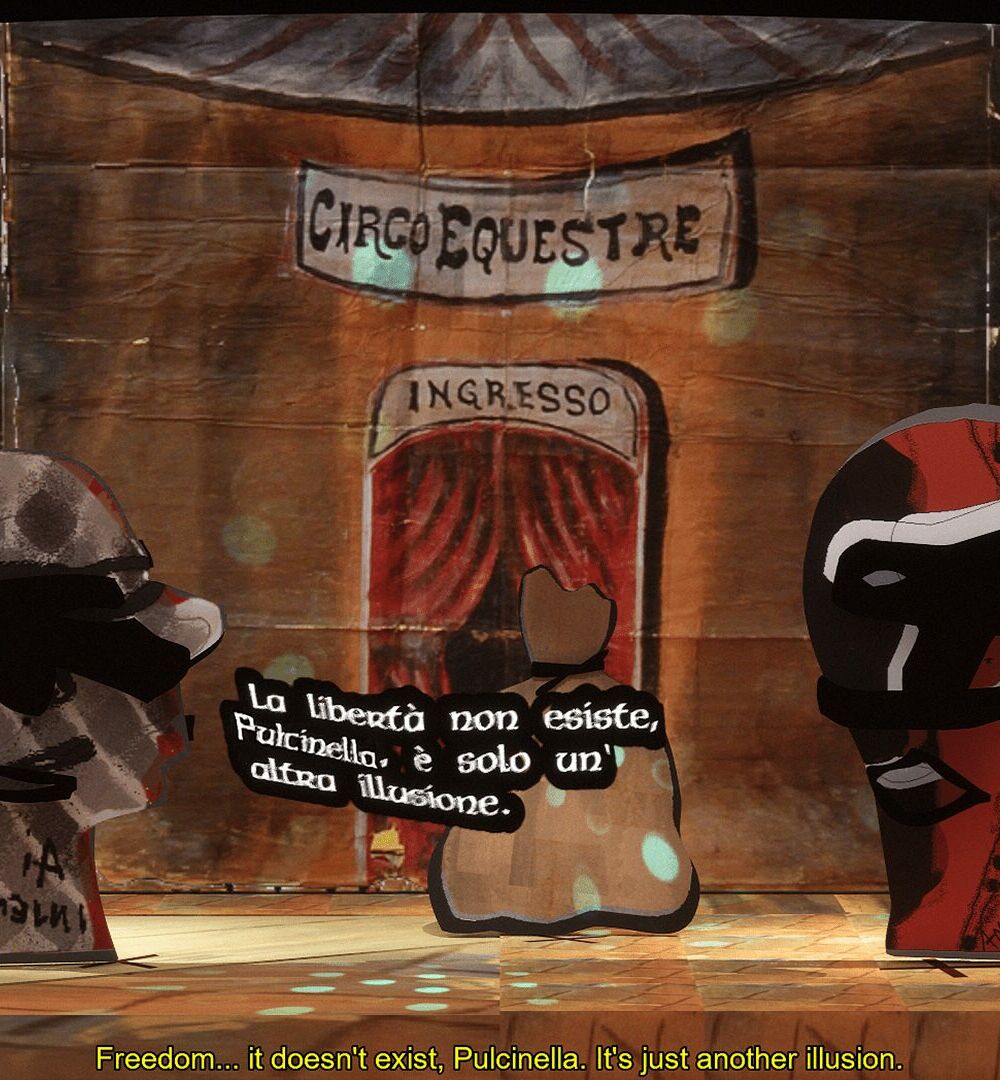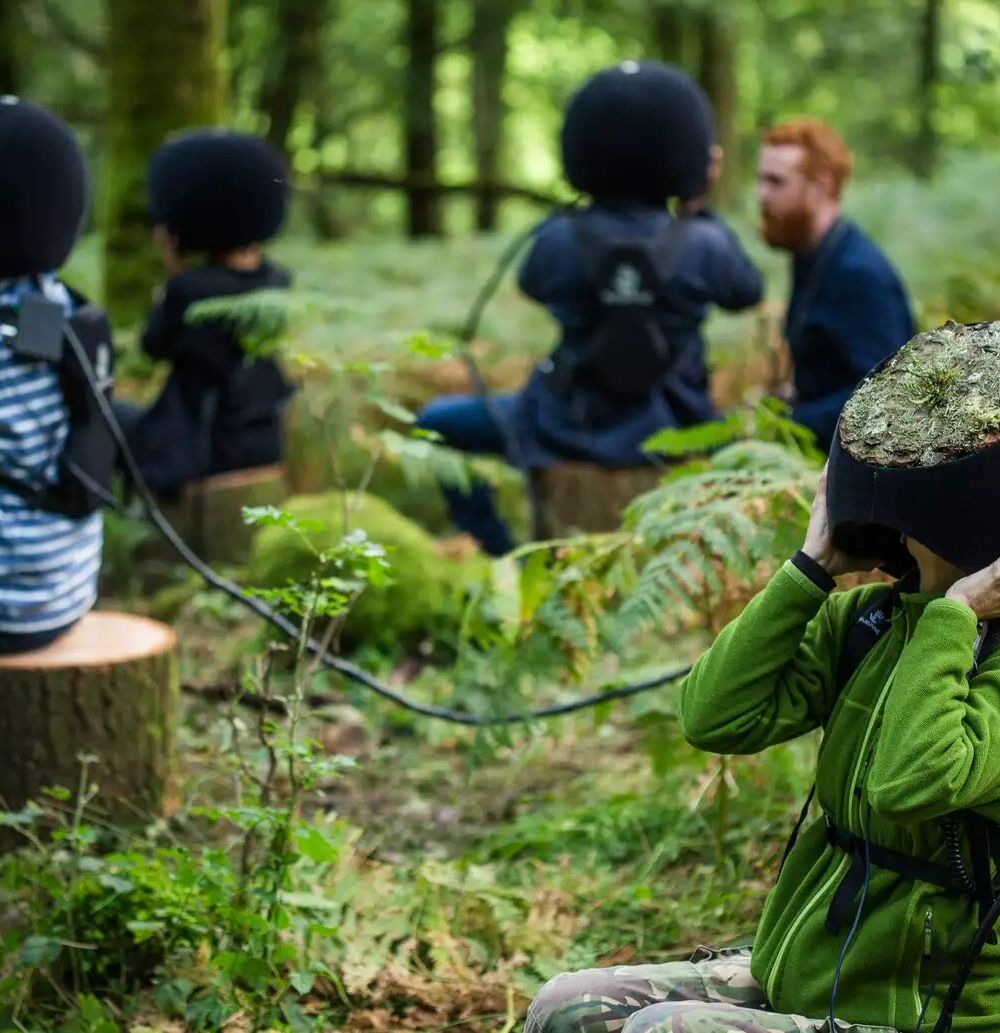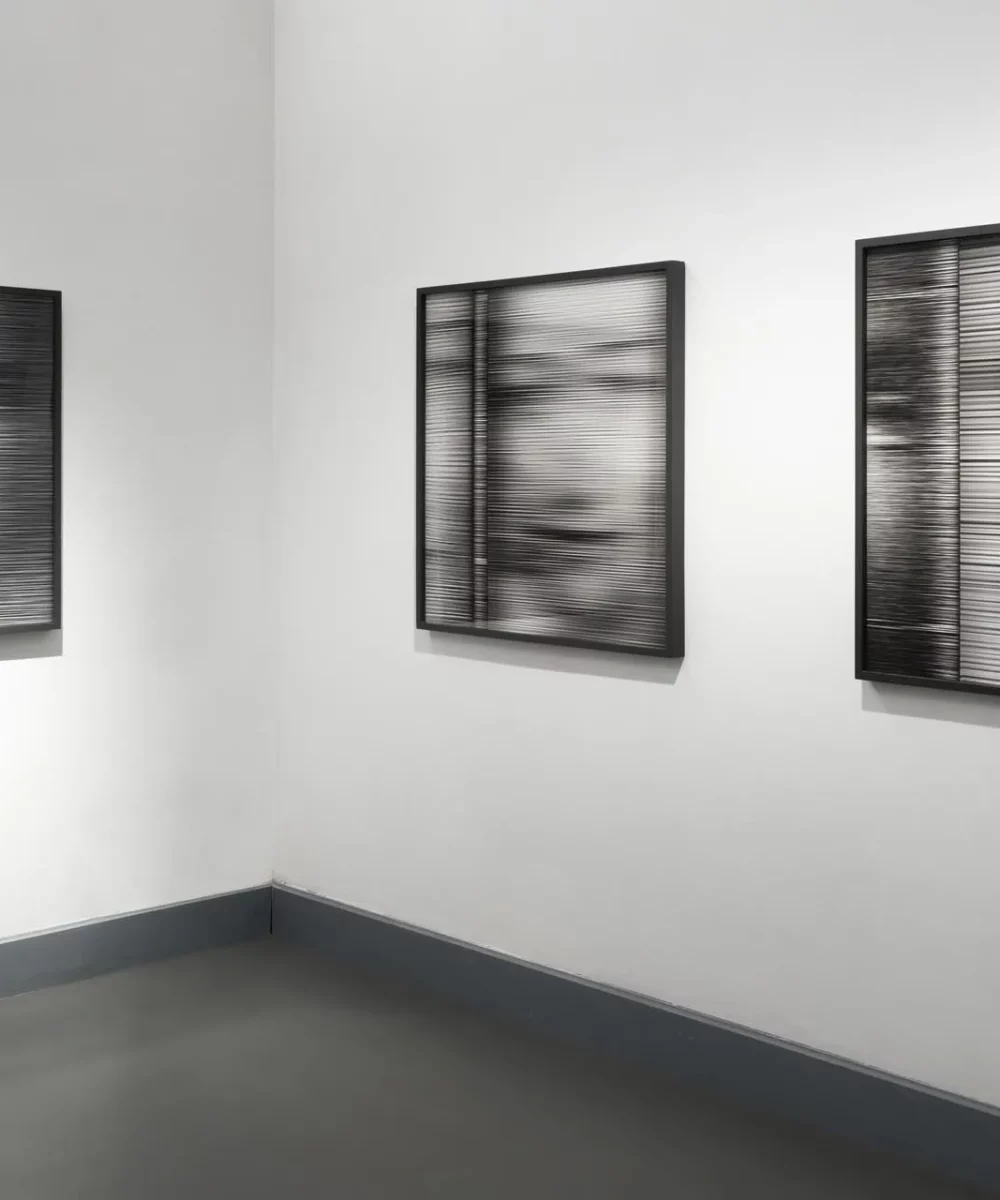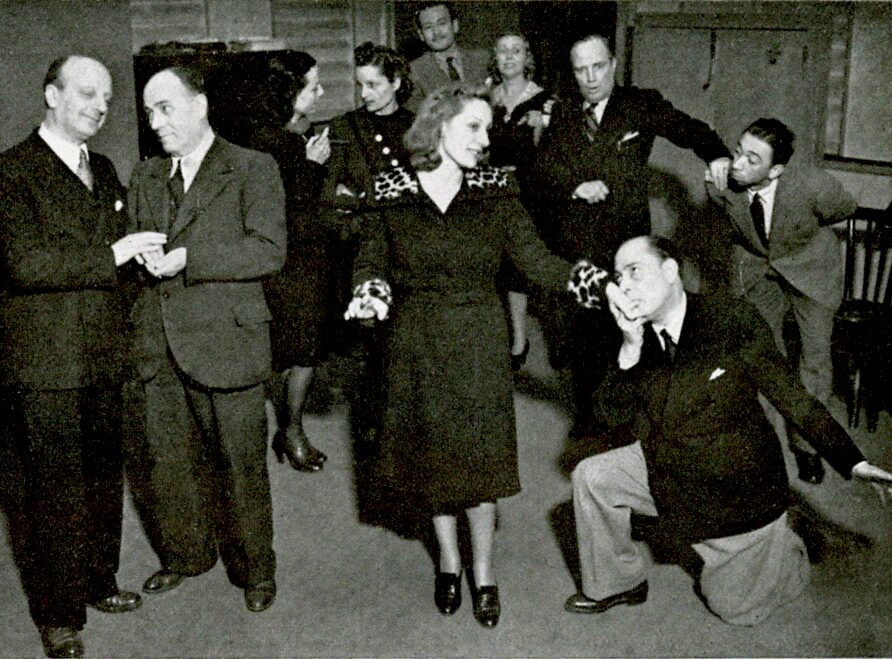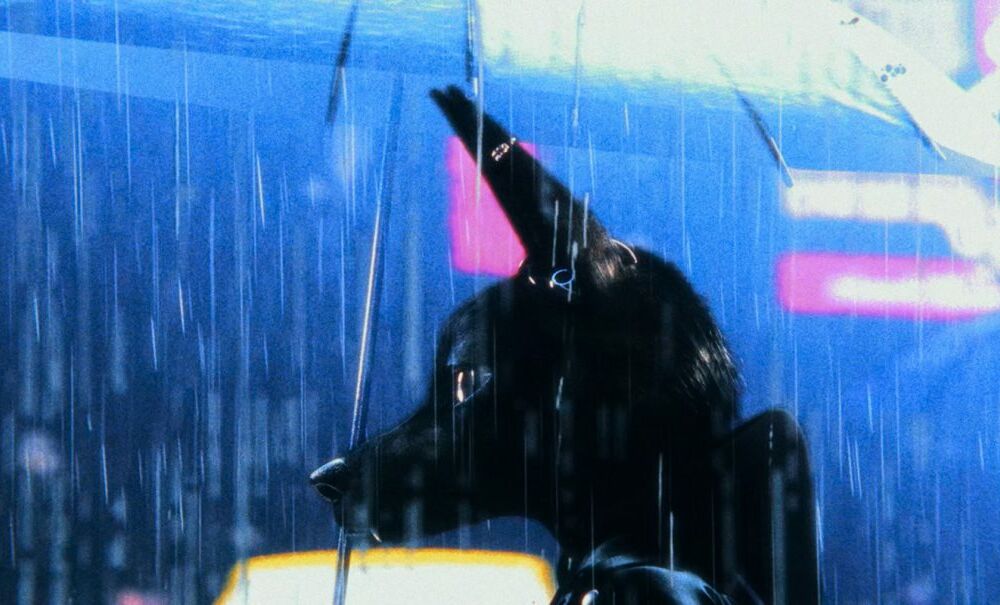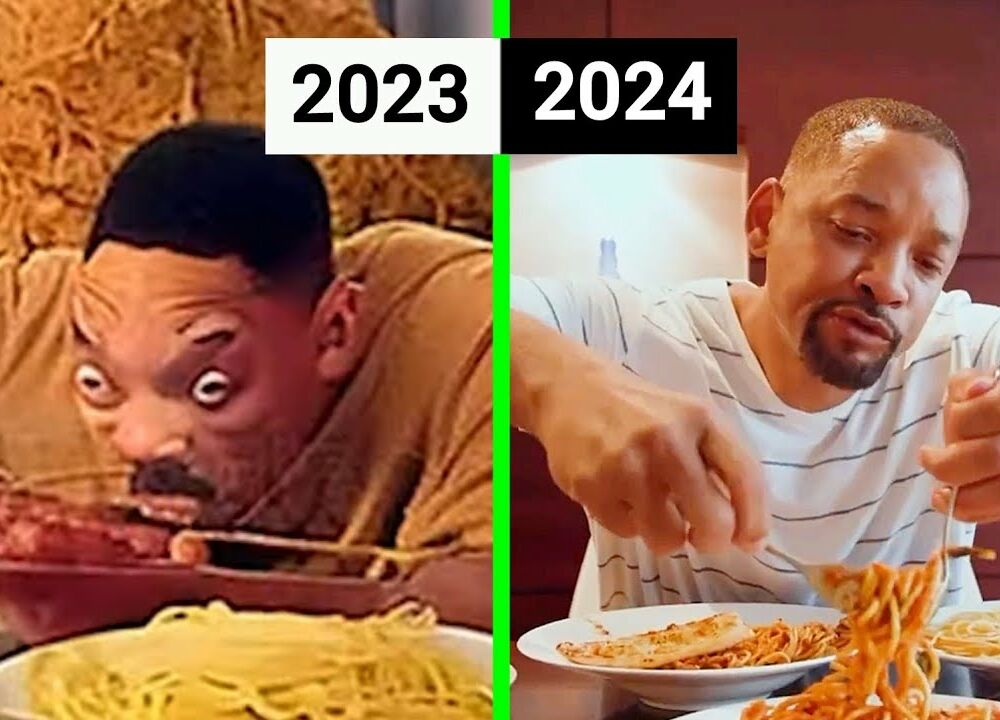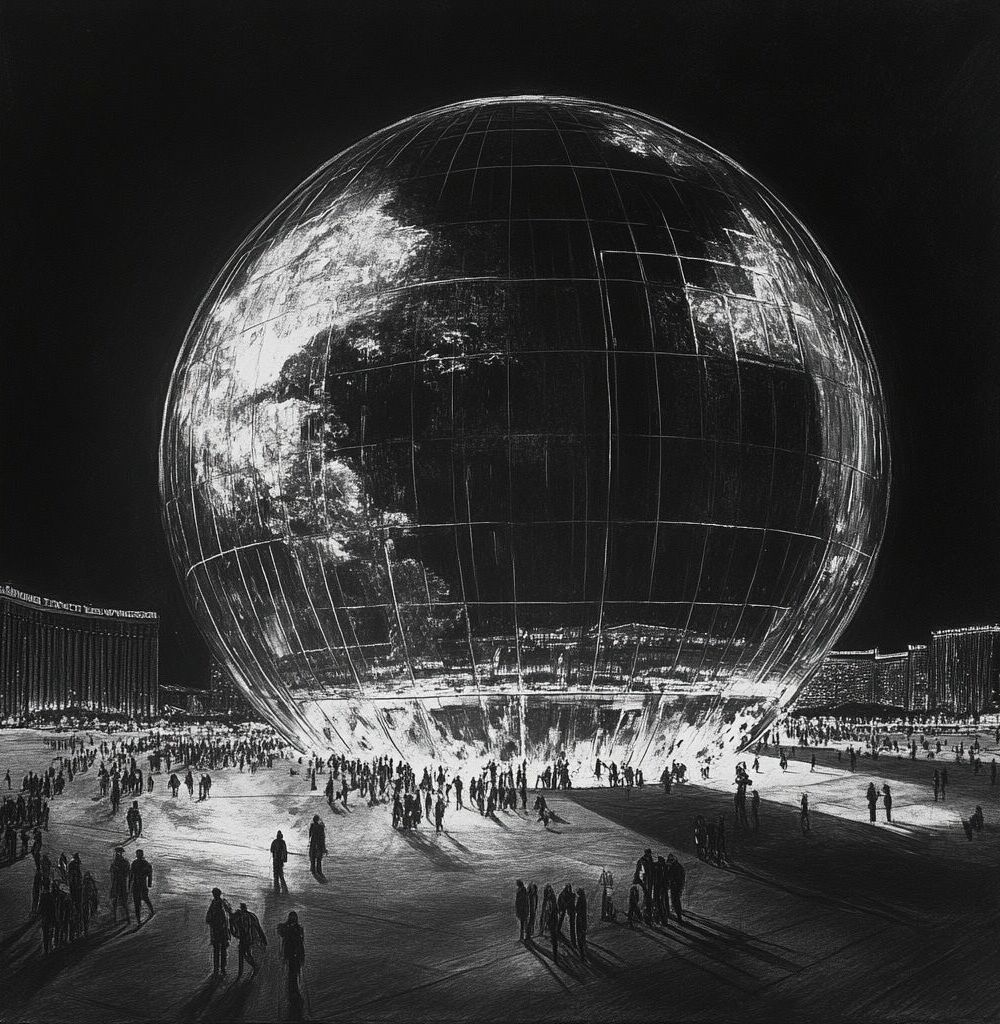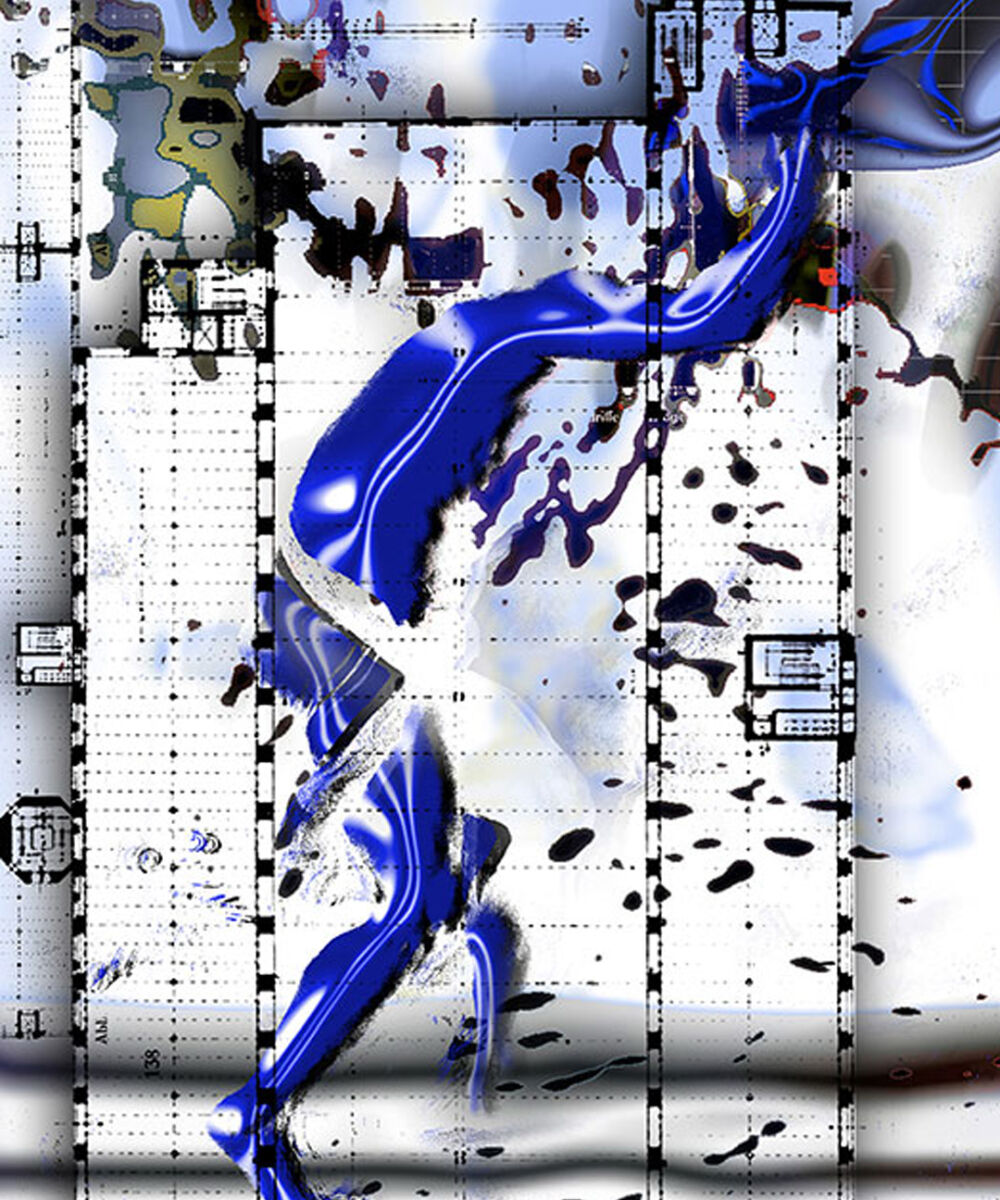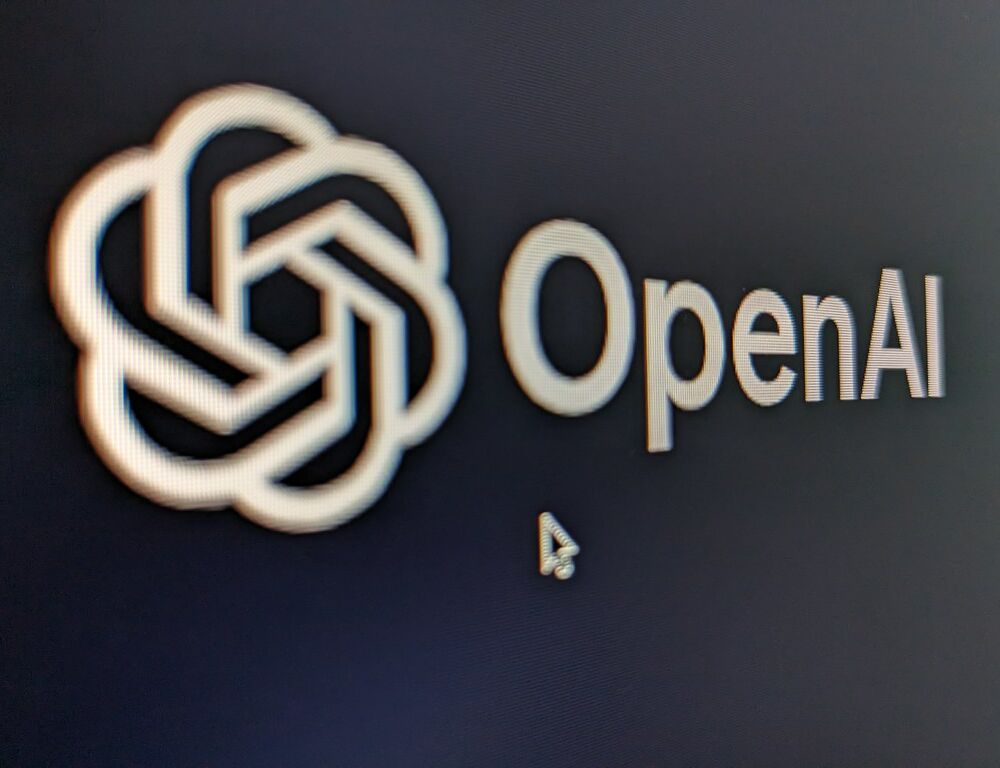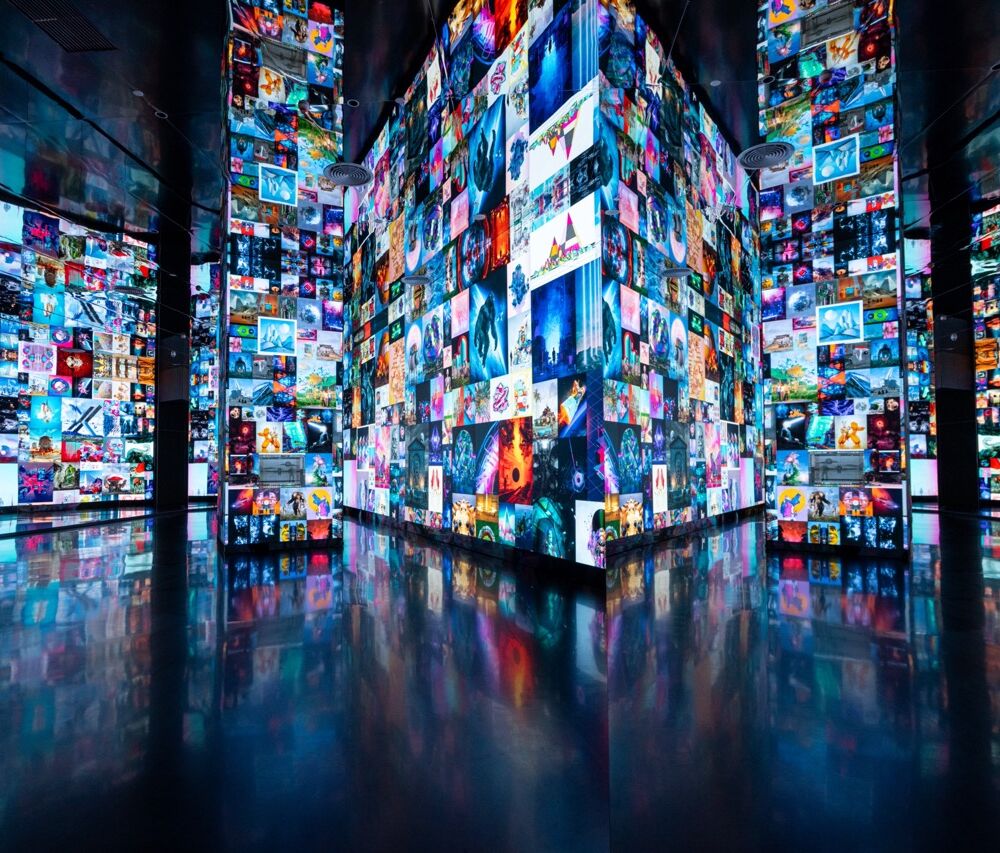LA RIVOLUZIONE ALGORITMICA
Should We Really Be Afraid of Deepfakes?
by Francesco D'Isa
A critical and philosophical look at artificial intelligence and its influence on society, culture and art. La Rivoluzione Algoritmica aims to explore the role of AI as a tool or co-creator, questioning its limits and potential in the transformation of cognitive and expressive processes.
Despite widespread alarm, the 2024 U.S. elections were not significantly influenced by deepfakes. This prompts a question: should we truly fear them, or does manipulation of public opinion operate through other channels?
The credibility of images does not depend on their realism but on the context and authority supporting them. From the propagandistic use of visuals in Stalinist regimes to deepfakes, narrative has always been more powerful than technology. Generative AI represents the latest phase in a long history of visual manipulation, but it is far from revolutionary.
A key example is the climate crisis. Despite unequivocal satellite images, videos, and scientific data, many deny the issue. This denial stems not from a lack of visual evidence but from narratives skillfully crafted by economic power groups and complacent media. Even without Photoshop or AI, images have always been shaped by choices about what to show and what to hide: deciding what to photograph and how is already the first act of falsification.
Joan Fontcuberta, an artist and photography theorist, argues that photography belongs more to the realm of fiction than reality. He states, “A good photographer is one who lies well about the truth,” emphasizing that image manipulation is intrinsic to photography itself.
From 19th-century photo retouching to Gulf War images, it is clear that technology does not determine an image’s truthfulness; the accompanying narrative does. If we see a video of a UFO on an obscure website, we tend to doubt it; if the same video appears on a trusted news broadcast or in an authoritative newspaper, we are more likely to believe it. This demonstrates that the source matters more than the content.
Thus, we should not fear the falsification of documents as much as the power wielded by those who spread disinformation.
Francesco D’Isa
Francesco D’Isa, trained as a philosopher and digital artist, has exhibited his works internationally in galleries and contemporary art centers. He debuted with the graphic novel I. (Nottetempo, 2011) and has since published essays and novels with renowned publishers such as Hoepli, effequ, Tunué, and Newton Compton. His notable works include the novel La Stanza di Therese (Tunué, 2017) and the philosophical essay L’assurda evidenza (Edizioni Tlon, 2022). Most recently, he released the graphic novel “Sunyata” with Eris Edizioni in 2023. Francesco serves as the editorial director for the cultural magazine L’Indiscreto and contributes writings and illustrations to various magazines, both in Italy and abroad. He teaches Philosophy at the Lorenzo de’ Medici Institute (Florence) and Illustration and Contemporary Plastic Techniques at LABA (Brescia).



